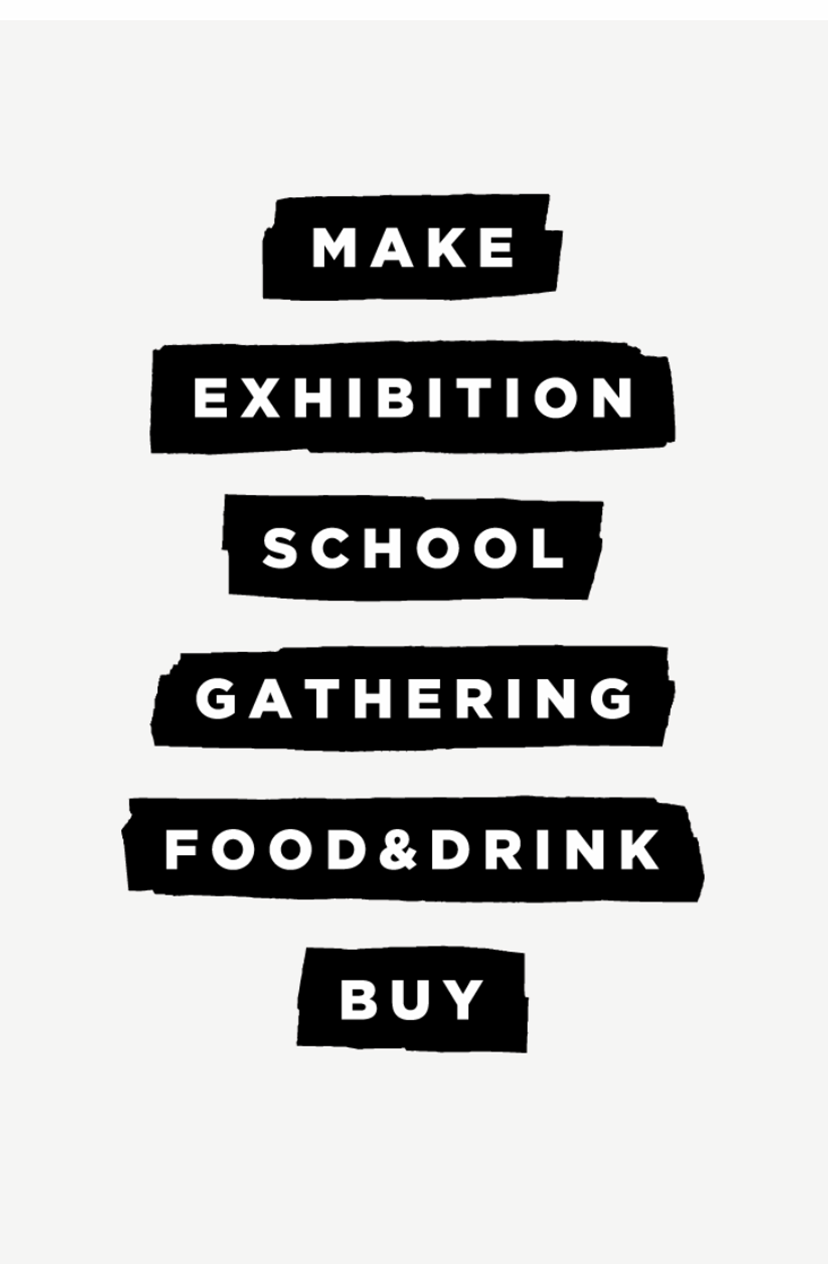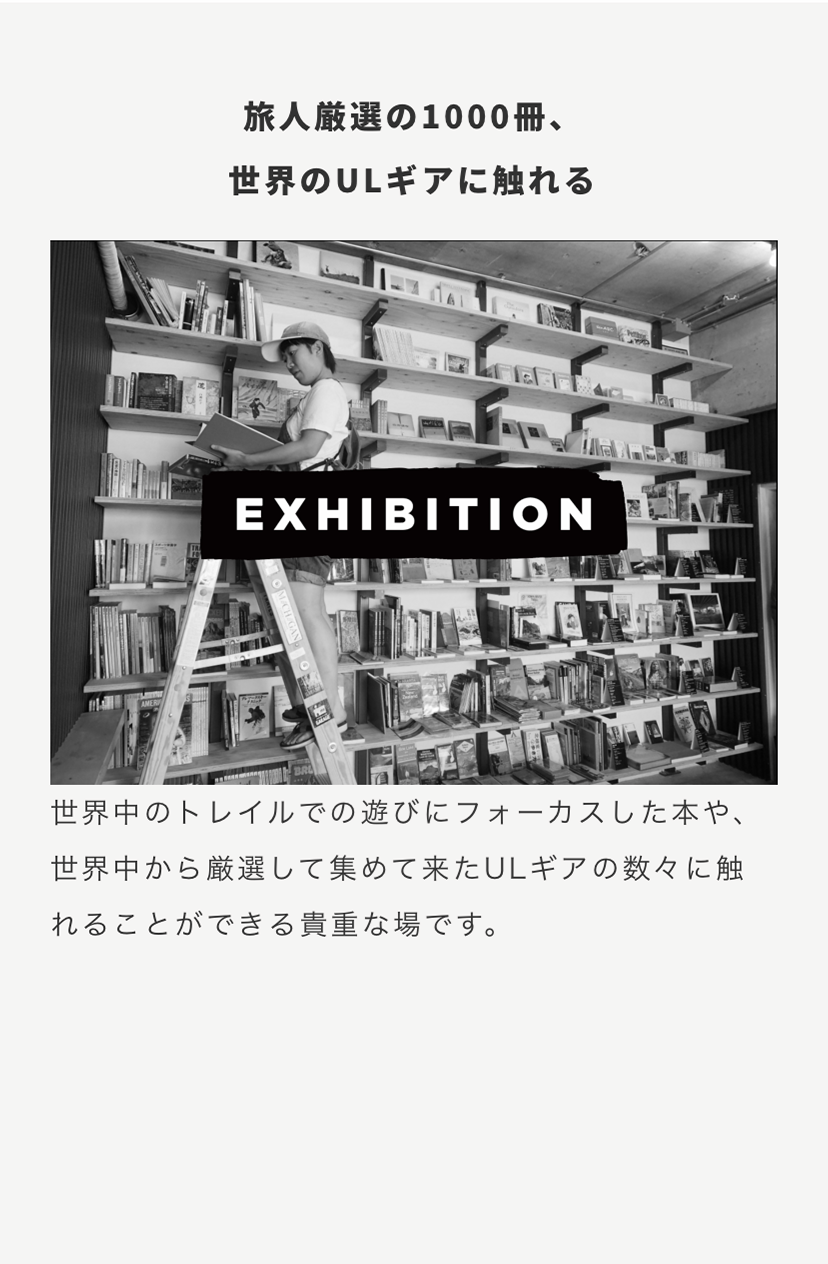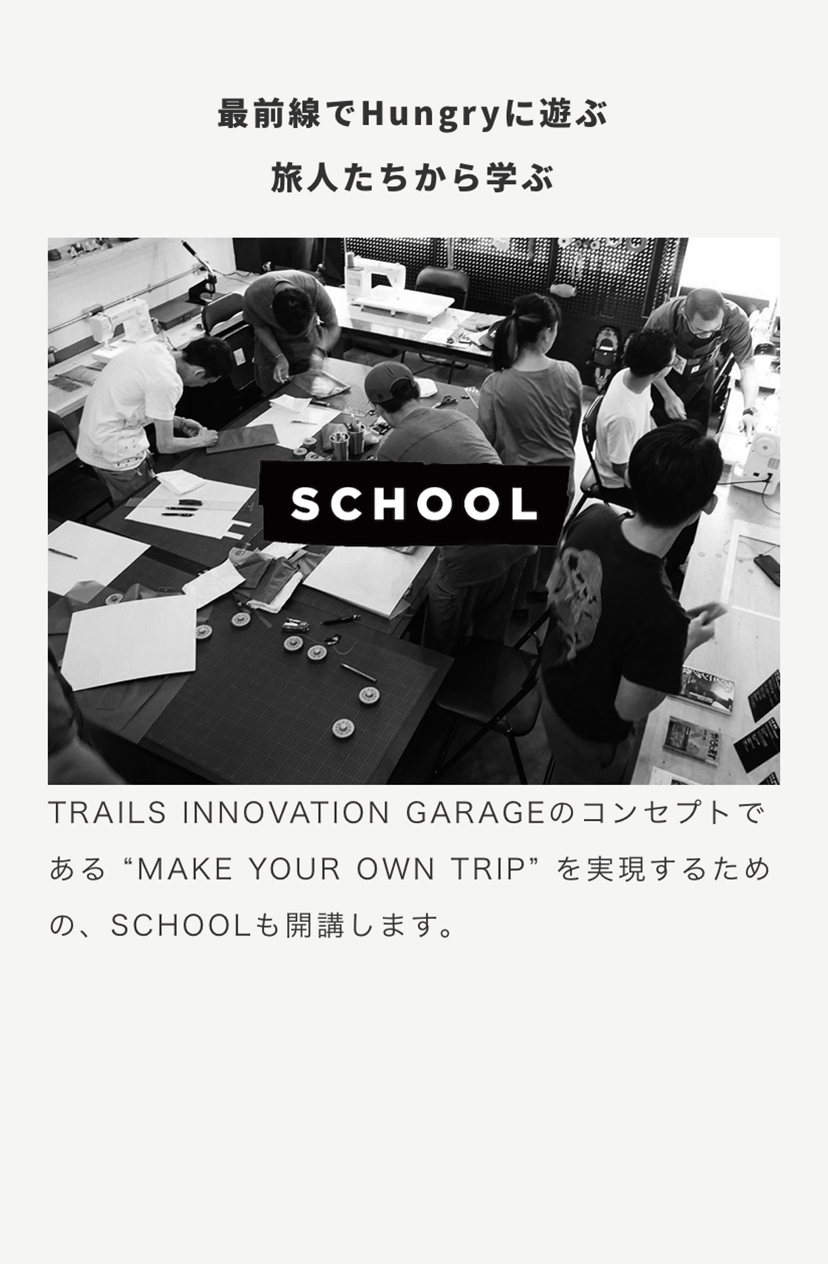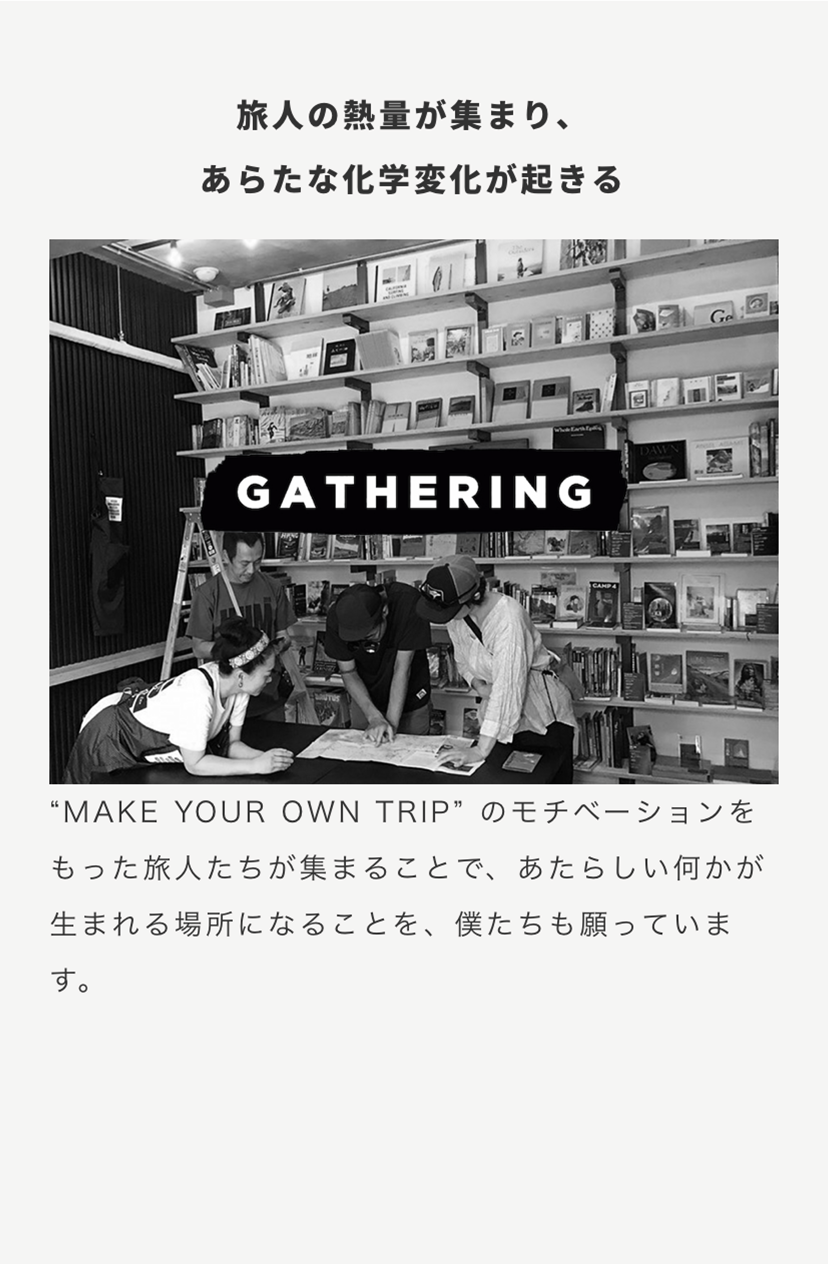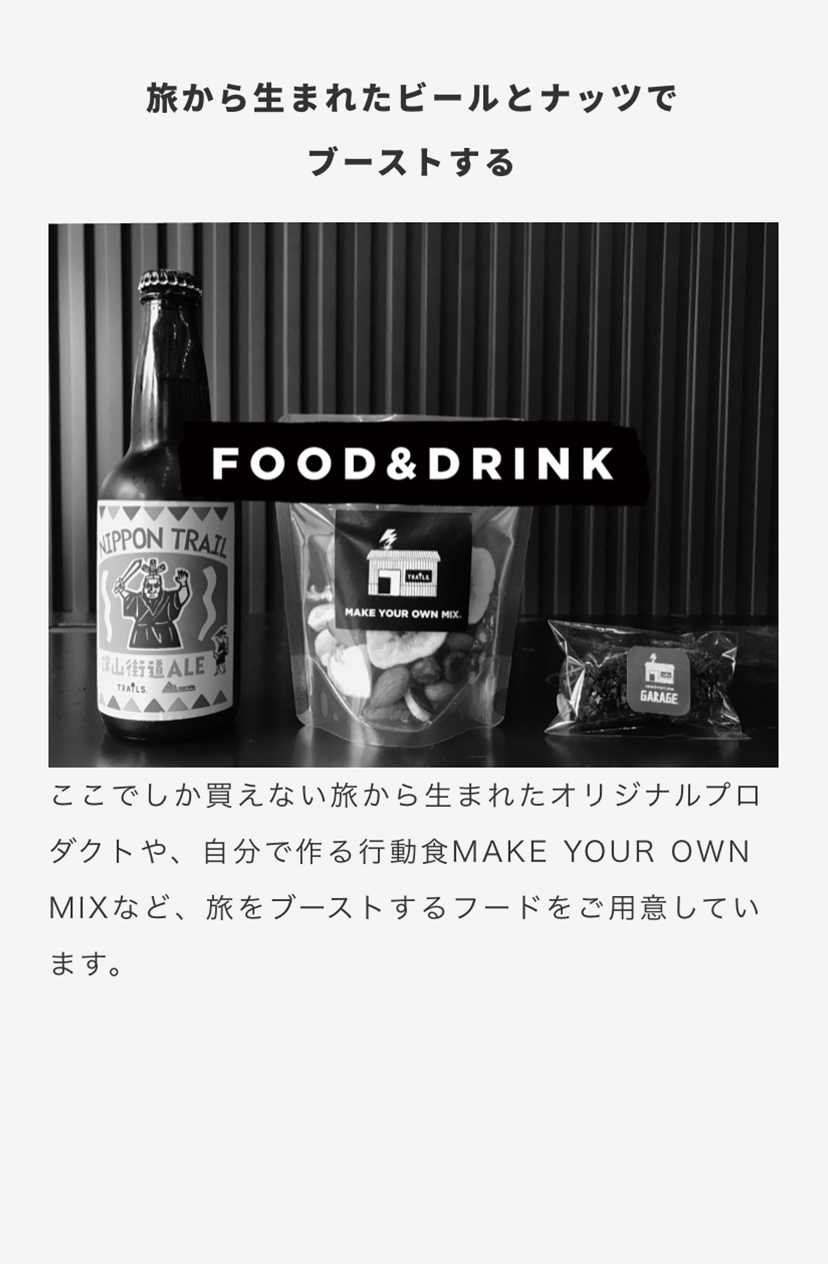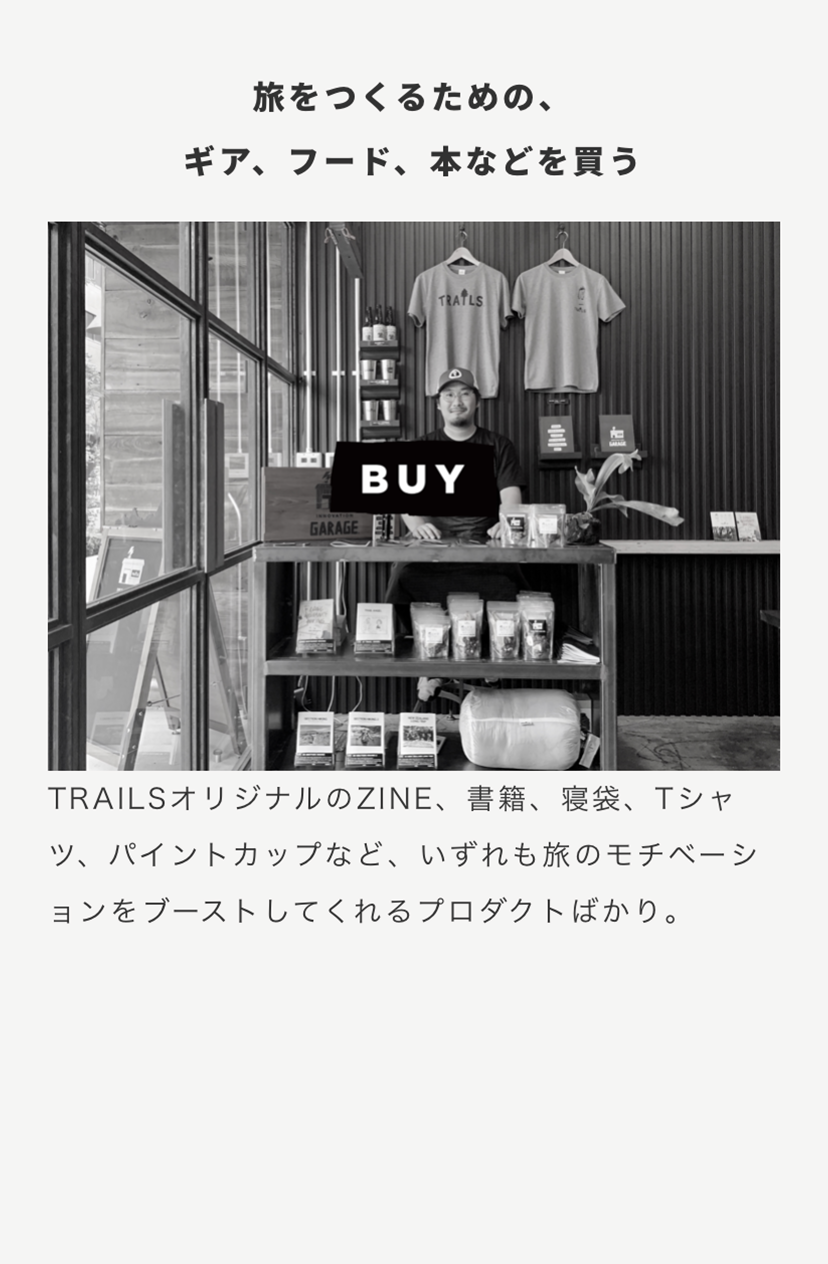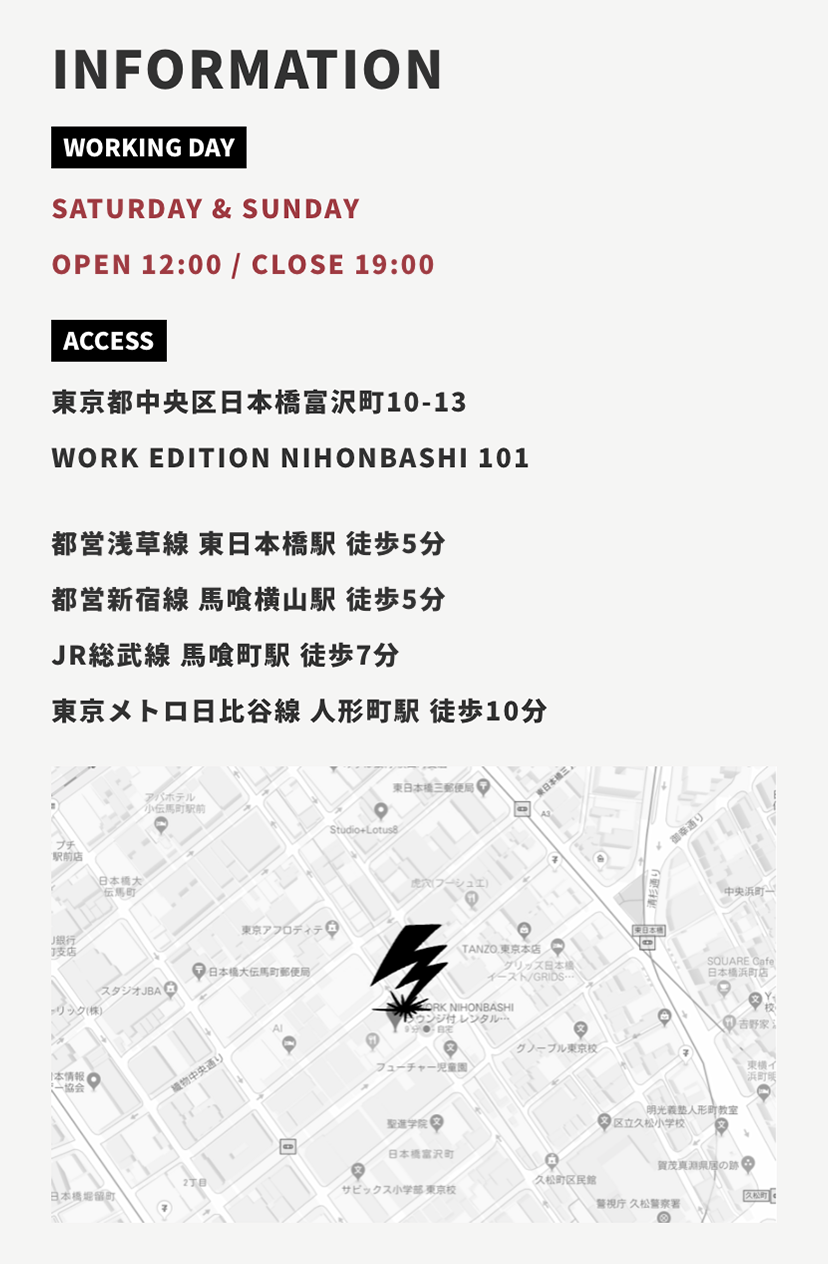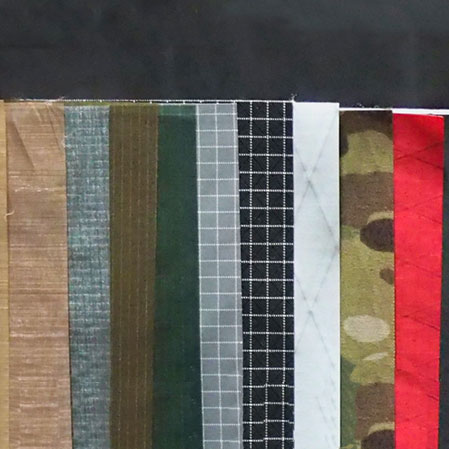パックラフト・アディクト | #11 ロシアのパックラフトの旅 <前編>冒険のはじまり
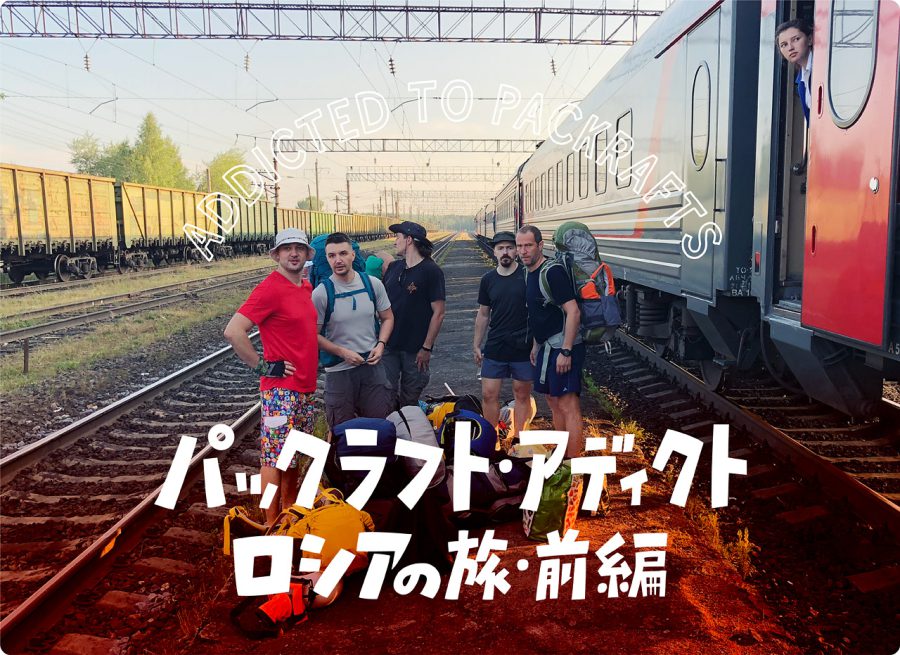
Packrafing In Karelia (Russia) Part 1 – The Adventure Begins
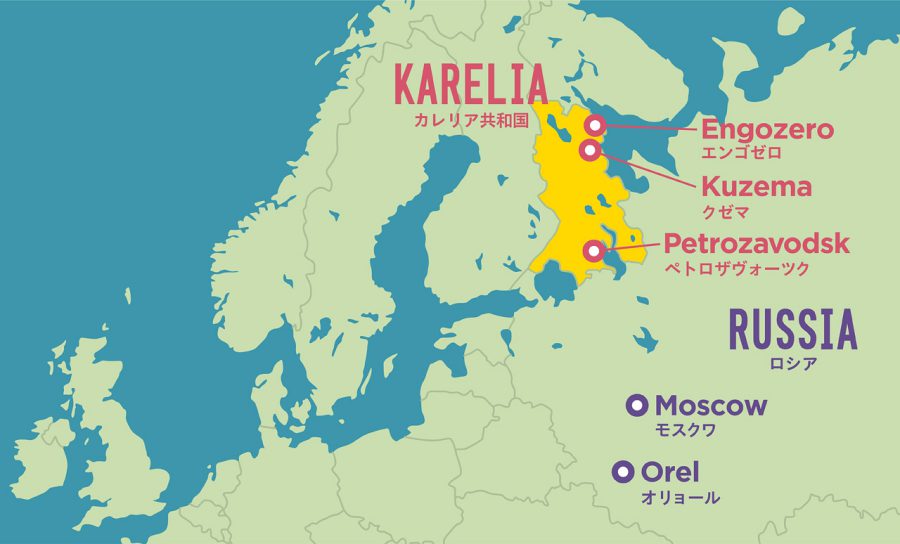
It’s a quarter to midnight on the 31st of July. We meet at the train station of my hometown, Orel, and run a pre-trip head count.
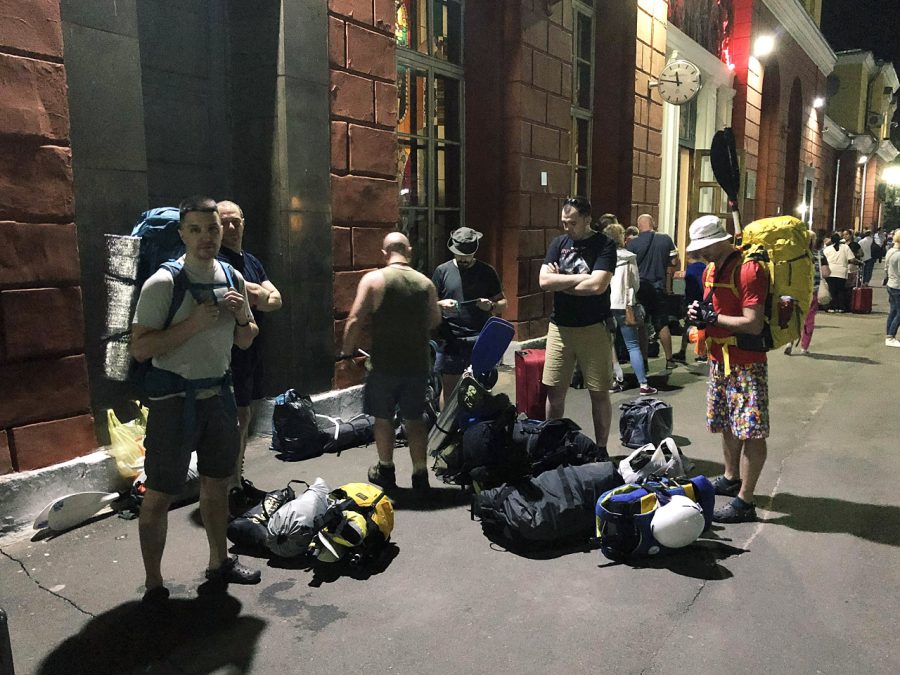
All seven of us are there. It’s Ilmar, Dobrusha, Ill, Vadim, Lev, and Sashuk. I have paddled with the first four of them in the past (including the Tara trip in Montenegro last year) and the other two I met for the first time only a few days before that, when we divided the rations for the trip. Still another person – Nick (who I have never met before but whom others know very well) is going to join us later. He is travelling from Moscow and there is no need for him to travel south just to go back north again.
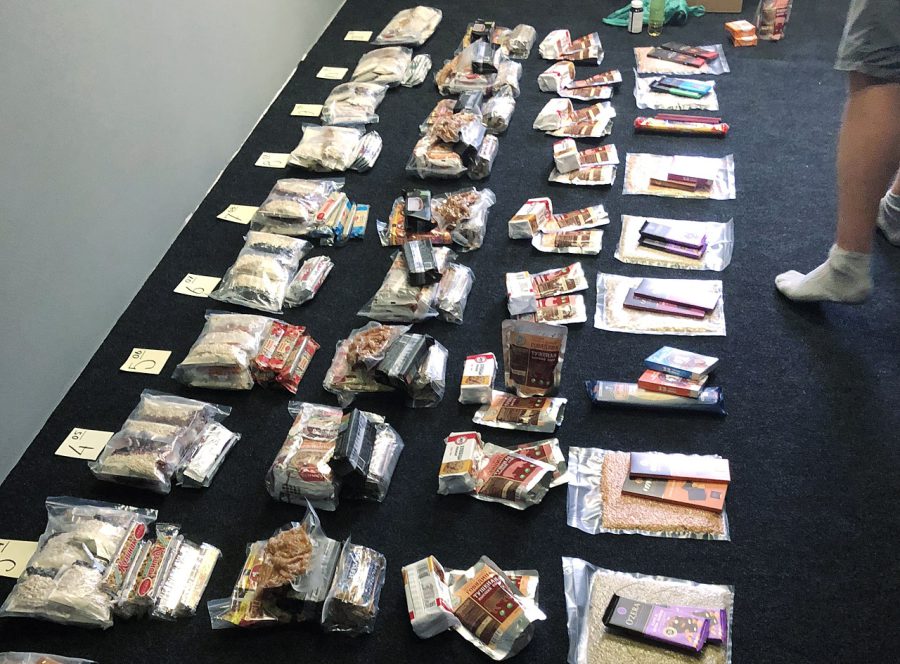
Our plan for the trip is simple – we travel to the Republic of Karelia in the northwestern part of Russia, where we paddle numerous lakes, the Vonga river and even a part of the White Sea. This self-supported trip would include 10 paddling days and one rest day. The total planned distance was around 140 km and if we wanted to have more rest days (which we did), we would need to find a way to paddle longer than an average of 14 km per day. All nice and easy, isn’t it?
* * *
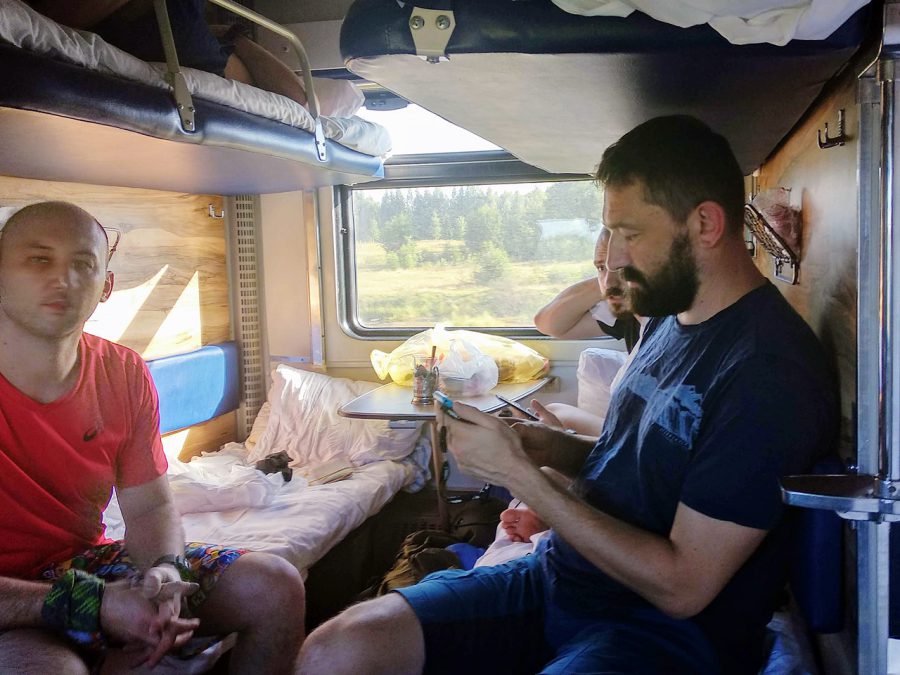
The only problem is that Orel is over 2,000 km away from our starting point, the village of Engozero. That is why we need to take two trains and spend over 29 hours on the way just to get there. And our first train leaves at just after midnight and it becomes our home for the next nine hours.

But it is not the most comfortable home, I am afraid. To save some money, we decided to book places in an economy class car. It is about a third cheaper, but what it means is that you have open style compartment with four beds (on two levels) on one side of the aisle and two more on the other. But that is not the worst part of it – what I find most uncomfortable is that I am 192 cm and the beds are just too short for me. So, my feet have to stick out over edge.
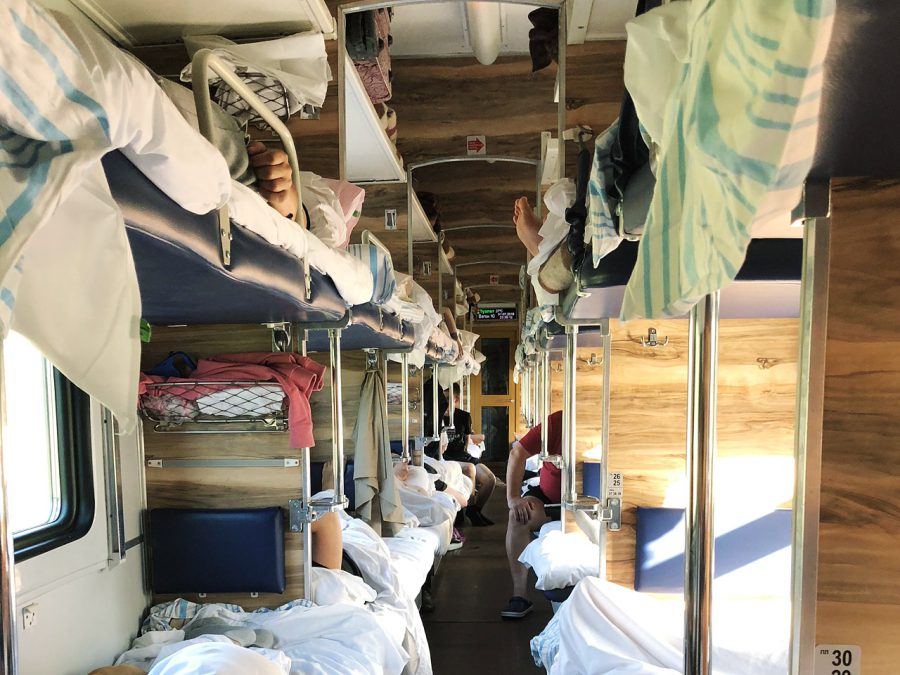
It seems that I am not the only one having this problem – on the way to our places at the other end of the wagon, we have to navigate through the maze of sticking-out feet, which is not an easy task as we carry huge backpacks with us. We load our stuff up on the shelves above us, and quickly go to bed – there is a long journey ahead of us.
* * *
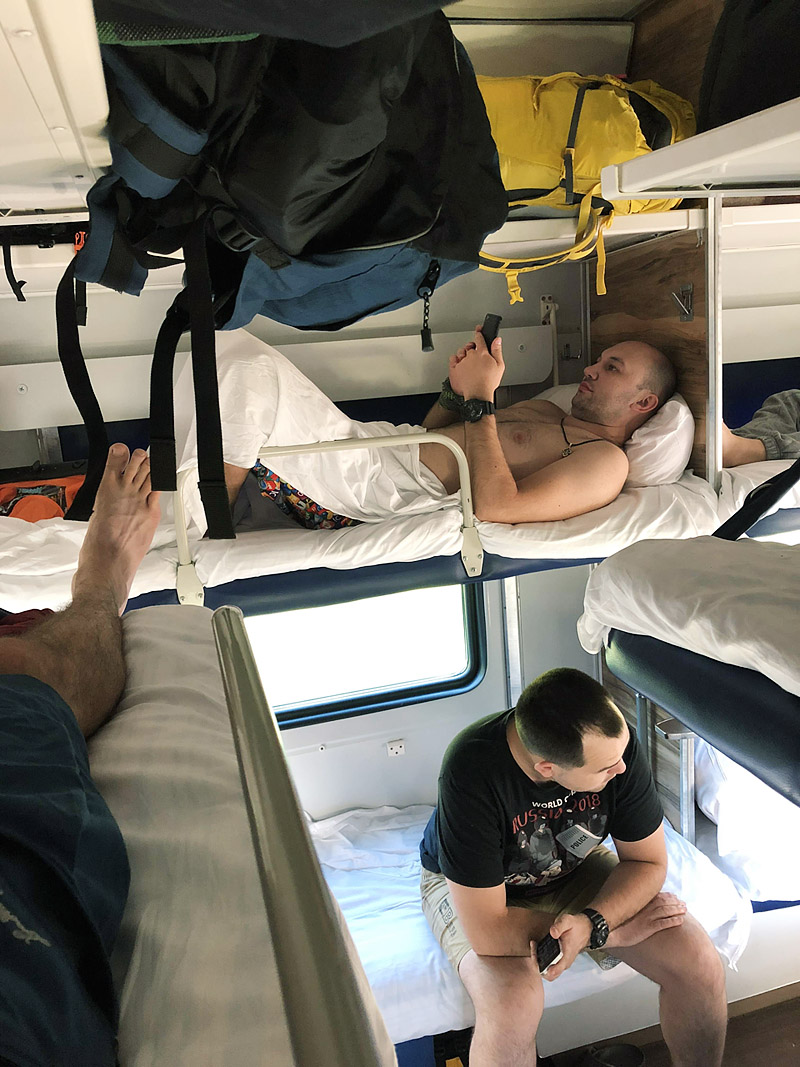
Traveling by train for such a long period of time means that you need to find something to do. And what we did was sleeping, talking to each other, eating my parents’ pancakes and pork steaks, playing some card games and, of course, observing people inside and the nature outside.
For example, it was interesting to see that there were people travelling with dogs. In the compartment next to us there was a girl with a French bulldog lying in bed next to her. And while the girl was sleeping, the dog kept an eye on us, as if saying – ‘I am watching you, guys.’
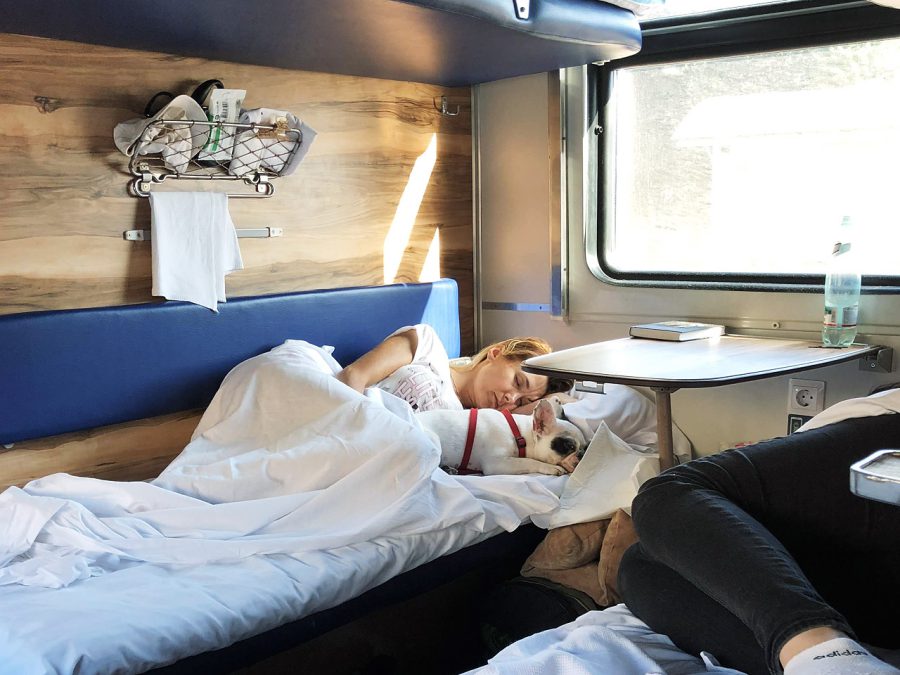
Another interesting thing was to see how people dealt with the lack of privacy. A young mother with her five-year old daughter on a lower side-bed not far from us hung a spare bedsheet to create a makeshift wall. This way they turned a dorm-like situation into something that more resembled a capsule hotel.
Among the regular holiday-makers returning back from the south, we also saw some people with large backpacks and paddles sticking out from them. These were some fellow paddlers travelling to Karelia, which is famous in Russia for its abundance of water.
The further north we went, the ‘wilder’ the nature became. Instead of broad-leaf trees prevalent in the central part of Russia, there were more and more pine trees. There were also more marshland and lakes.
* * *
One way or another, something went wrong with our planning and we did not take enough food for the train ride. We had the exact amount for the 11 days on the water, which Ilmar, Dobrusha and Sashuk prepared before the trip. But, somehow, we forgot that we had another day on the way.
That is why, when the train had a 40-minute stop in Petrozavodsk, the capital of Karelia, we ‘raided’ the local KFC and returned with a huge bucket of disgustingly tasty chicken wings, which turned out to be spicy too.
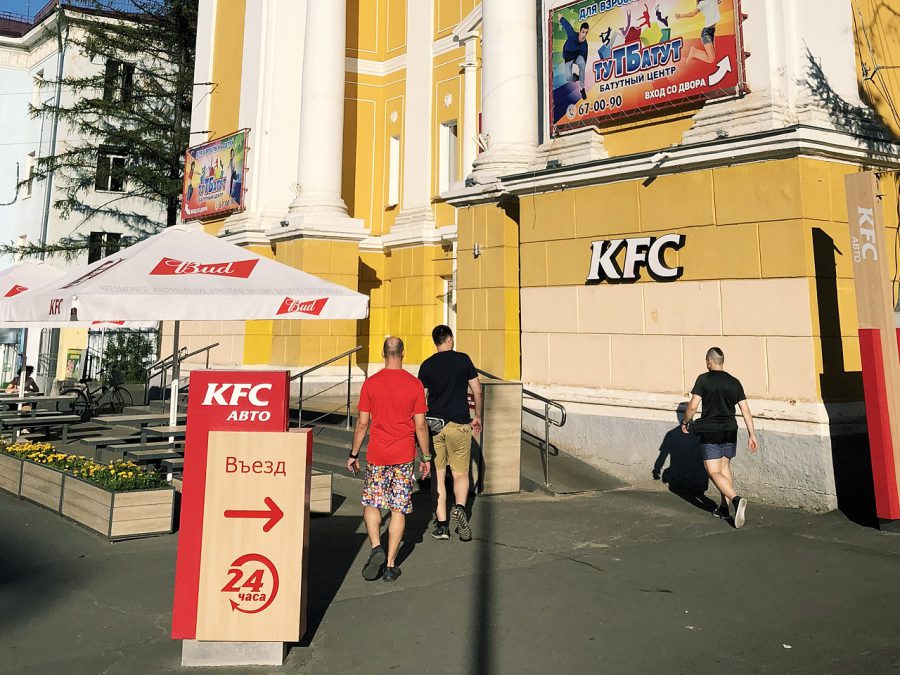
Thank goodness we had an unlimited amount of tea – it is customary in Russian trains to allow passages to get free boiling water from a water heater that is located next to the attendant’s compartment in each car. You can also buy tea from the attendant directly, but it is just cheaper to use your own cup and tea. In case you have tea but no cup, you can buy one cup of tea and use it over and over for the duration of the trip., which, in some trains in Russia, might last for a week.
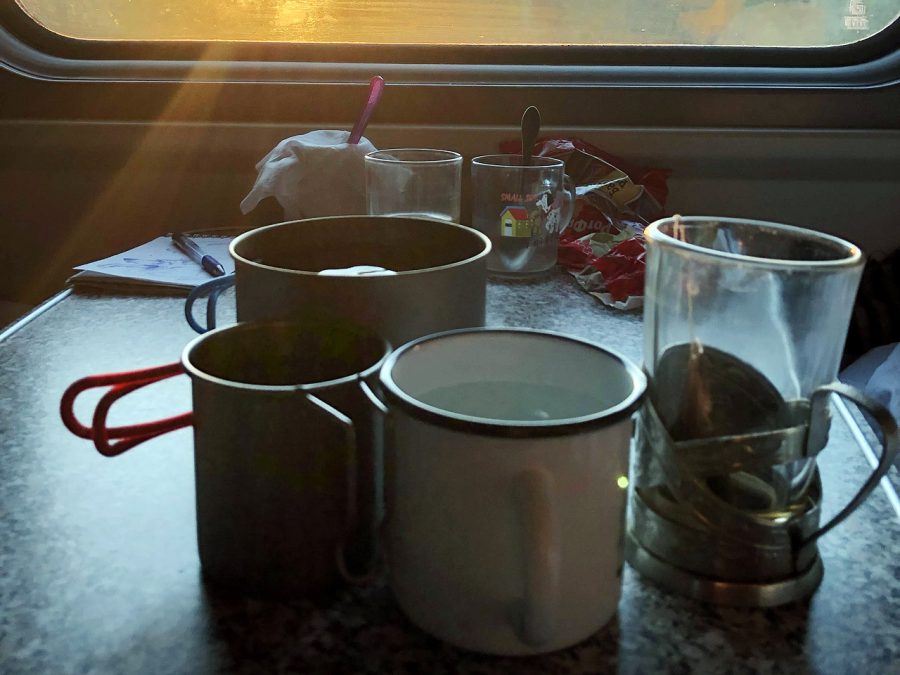
* * *
Luckily in our case it was only 29 hours. About an hour before the arrival at Engozero, the starting point of our trip, we were woken up by the attendant, who returned out tickets to us. Whereas, it was just 4.30 in the morning and most passengers were still asleep, it was already light outside. (Were we to travel a week earlier, then the sun would have almost not set at all.)
Soon after that, the train briefly stopped at Kuzema, the end point of out paddling trip and, minutes later, we passed a railway bridge over the Vonga river and the so-called ‘Railway’ rapids.
What drew our attention was that the water level was rather low. But this was something that we could expect. It was a record-breaking dry and hot summer in Karelia, which led to the marshes from which the rivers got the water to dry up. It has also resulted in a forest fires damaging the area this summer 15 times larger than all the fires in the republic last year.
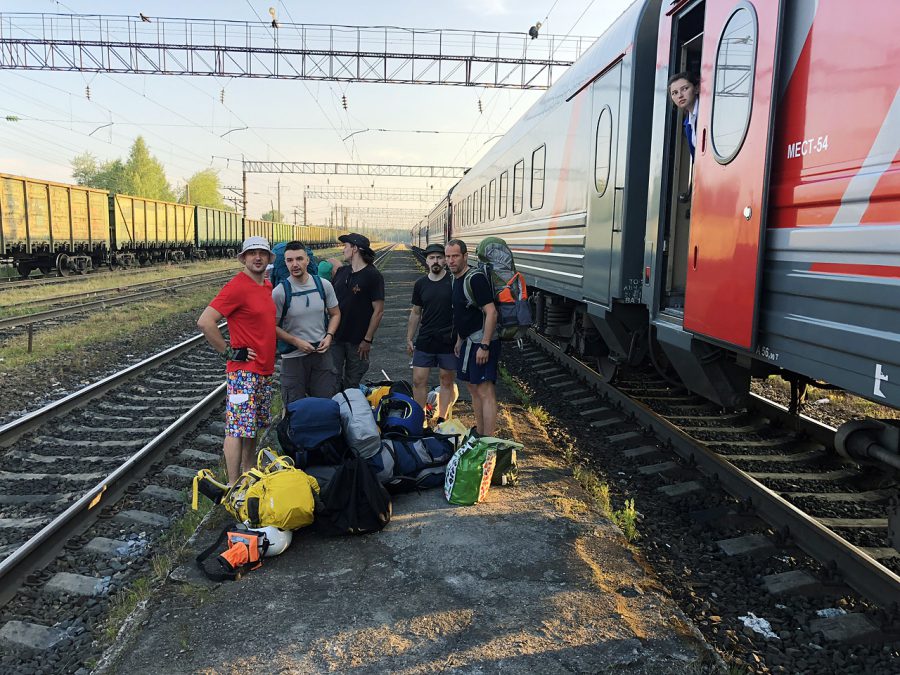
The last minutes of the trip we spent crammed with all our luggage in the vestibule of the train car, ready to ‘jump’ out as quickly as possible as the train stopped only for two minutes at Engozero.
* * *

Engozero is a relatively small settlement with just over 500 people. But it is an important railway station on the Murmansk railroad and it has a mobile network antenna towering high above it – indeed, the mobile reception and mobile internet was working perfectly there. – Lake Engozero, where we went next.
A short walk through the village with its old wooden houses and broad unpaved streets, we reached the shore of the lake and found a small meadow next to a boathouse and that looked like a nice place to inflate our packrafts.
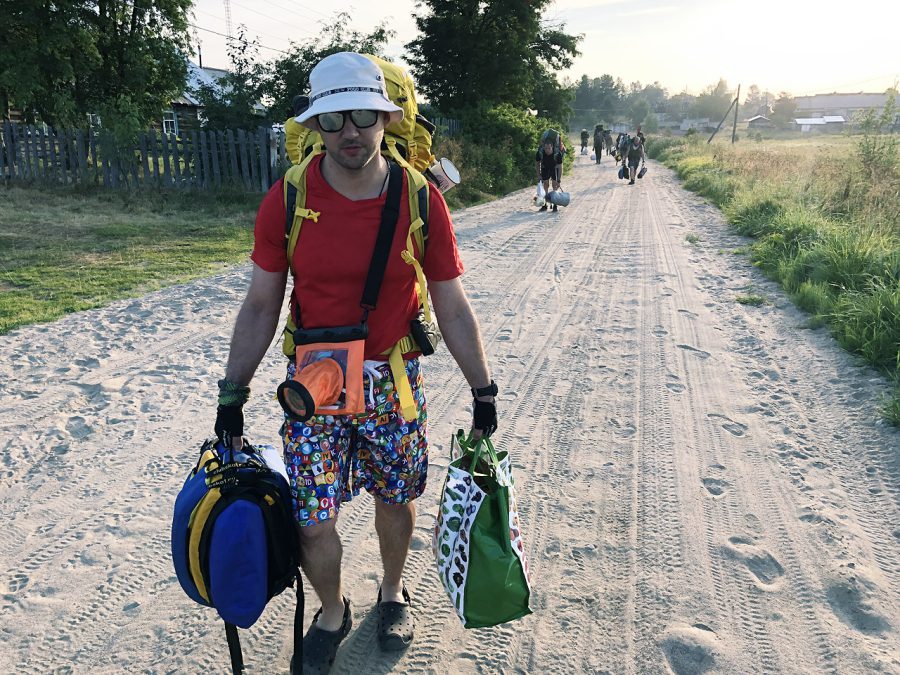
We were joined there by three other guys with backpacks even larger than ours, who came on the same train. But instead of packrafts, they had full-sized inflatable kayaks. “How heavy are they,” I asked. “Just over 12 kg,” one of them answered. “And yours are packrafts, aren’t they?” “Yes, they are,” we said proudly, looking at our motley fleet – a yellow and grey Rogue by Kokopelli, two yellow Alpackas (a Gnarwhal and a Denali Llama) and four Nortiks – two orange, one green and one black and orange. (The latter was a prototype boat that we got from the producers for this trip in order to test and review the new internal storage design.)
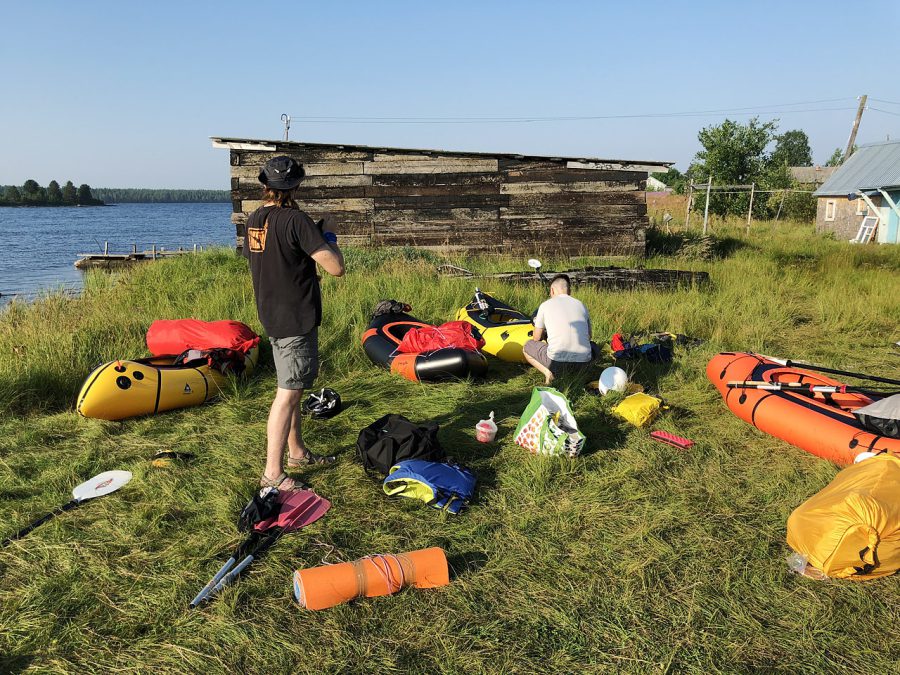
“Are you also paddling the Vonga?” we asked. “No, we take the Kalga out to the White Sea at once,” they said. “We hope that we can get there in three days and spend the rest of the time fishing for cod.” It turned out that they also had the return tickets for the 12th of August, just like we did. “See you on the train then,” we said, waving goodbye to them.
* * *
The only locals that we saw were two forest rangers. They approached us separately (with about 10 minutes between the visits), while we were preparing our packrafts for the trip.
The first one was a think short guy who went straight to business (and he did it angrily). “Are you finishing or just starting?” “Just starting.” “Then listen here – do not use any campfires. You all say that you know how to do it correctly, but then I end up being called to extinguish a forest fire. And I am sick and tired of it.”
Having said that, he stuck a flyer into hands of each one of us and went away. We looked at the flyers. They were called “Passport to Nature: The rules of being in a forest in the Republic of Karelia,” and they contained rules and tips of how to enjoy the nature in a safe and responsible way. Special attention was given to the campfires.
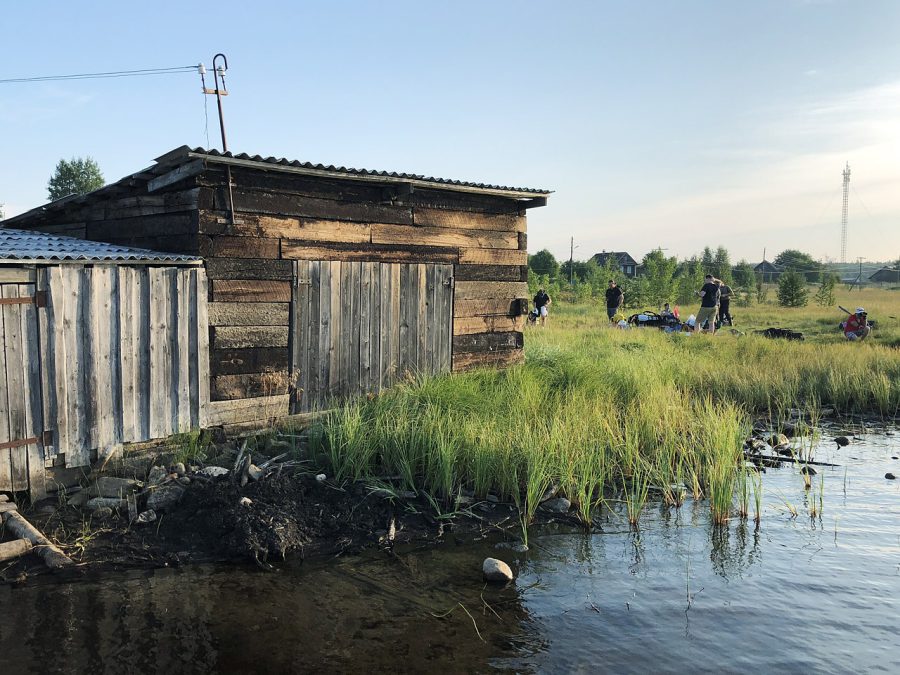
A short while after he left, we saw an old Soviet amphibious vehicle coming our way. This was the second ranger – also a short, but a bit chubby guy, who was significantly friendlier. He had the same flyers in his hands. “Hi guys. Have you already got these ones?” “Yes, we have.” “Well, take even more,” he said. “You can never have enough of them, can you?” And he gave a small pile of them to me. (Later we thought that maybe they have a certain distribution quota that they have to meet.) “And be careful with campfires. We have had a very dry summer here. Though, the rain is coming and it will be easier now. But still be careful.”
* * *
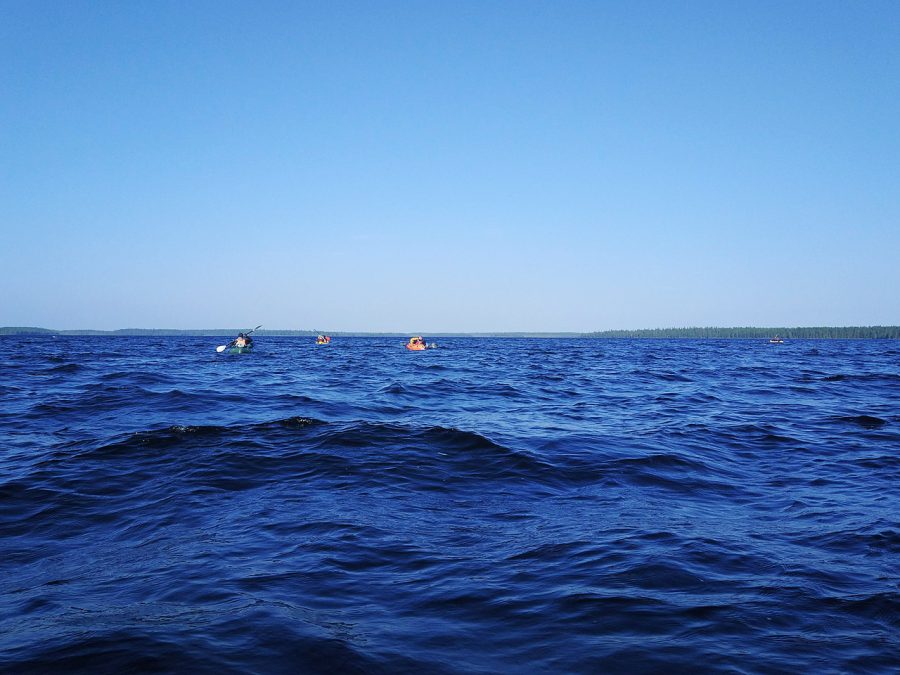
And indeed, the weather forecast showed that that morning was the end of the hot and dry weather spell. The temperatures (which were into the mid 30s for weeks) were about to go down significantly and the first rain was expected that afternoon already. We already knew that as we had been monitoring the weather forecast closely for the last several weeks. And to our great disappointment, one of the things that we saw was that the wind direction changed from the east to the west. This meant that instead of having a light breeze into our backs, we had to paddle against the wind. And as anyone, who has done it before knows, it is not the easiest thing to do in a packraft.
And indeed, soon after we set off, we left the safety of a small bay and faced the challenge of crossing the first open part of the lake. The lake itself stretches for over 38 km from north-east to south-west and has numerous islands (both big and small) but also large stretches of open water, which we had to cross to reach our destination for the night. And already minutes into paddling, it became clear that not all of us had equal paddling experience on flat water.
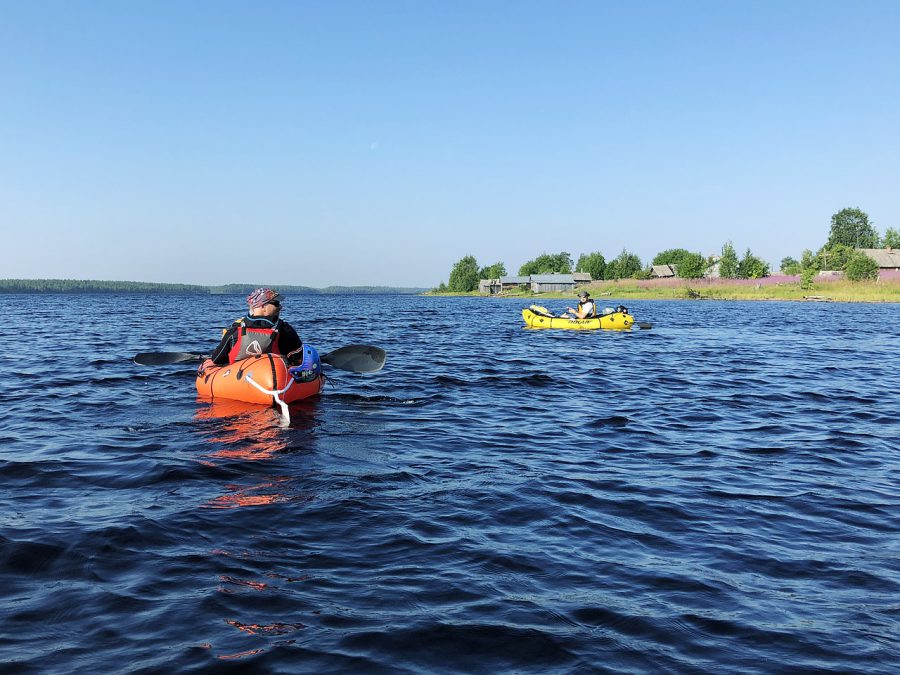
* * *
Having lived and paddled in the Netherlands for many years, I was used to these conditions. On the other hand, some of my friends seemed to struggle a bit. Especially Vadim and Nick found it difficult. I am not sure whether it was a different paddling technique or just lack of experience, but very quickly they started to lag behind. I, on the other hand, went first, closely followed by Sashuk and Ill.
When paddling on open water against the wind, it is important to keep on paddling all the time. Should you stop, you will be blown a long way back, rending all your efforts useless. But even if you paddle, it still takes you significantly more time to cover the same distance.
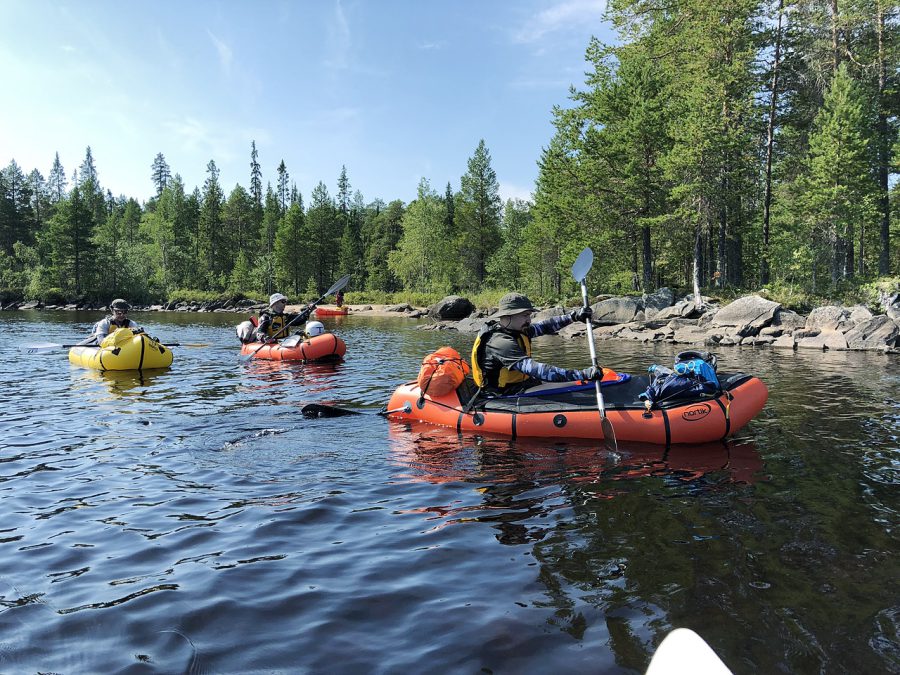
I have learnt it the hard way – during our first packrafting trip we went to Sarek National Park in Sweden, and spent two hours paddling across a small lake. It would have taken us no more than half an hour to walk around it. That is why I always try to paddle as hard as possible and only rest at a windless place (for example, behind an island or next to the shore).
And that is exactly what I did – I paddled as hard as I could until I reached the shore and took some well-deserved rest. The others did the same. The only problem was that the place I stepped out was a bit off course and I had to join the rest, who had already gone for a swim and fired up a Kelly kettle to boil water for tea.
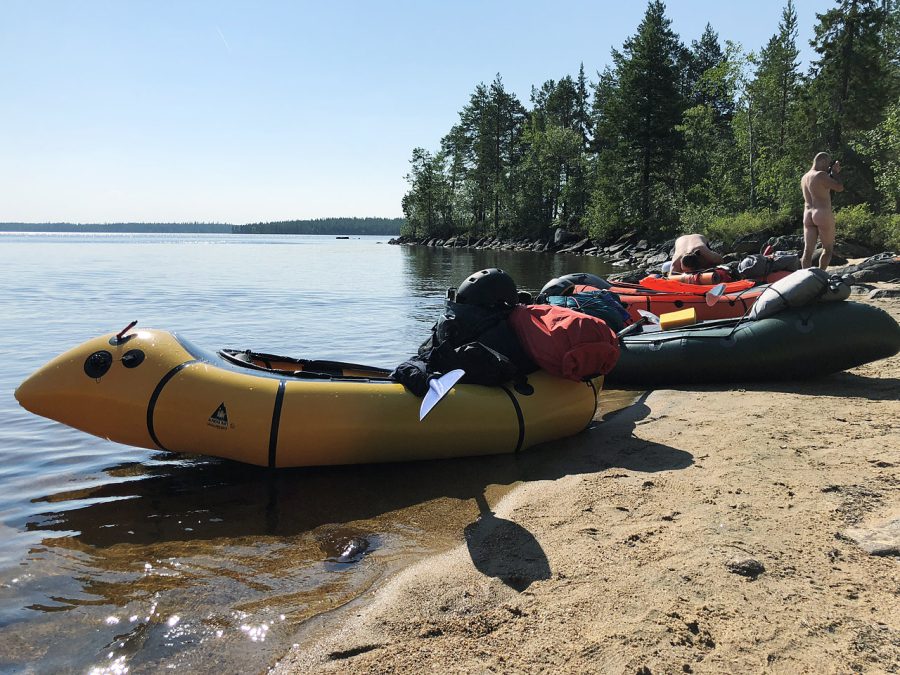
* * *
Now, the question arose who far we should travel that day. Some of the guys felt a bit tired already and wanted to stop for the day rather early, while others felt that it would be better to go as far possible and have a rest day the next day instead.
Taking into the consideration the weather forecast, which promised rainy and colder weather, we eventually decided to paddle to the Oleny Island (which means Deer island), which was close to the point where we wanted to take a shortcut and leave Engozero. When preparing for the trip, we found some trip reports that indicated that there were a few good camping places on that island.
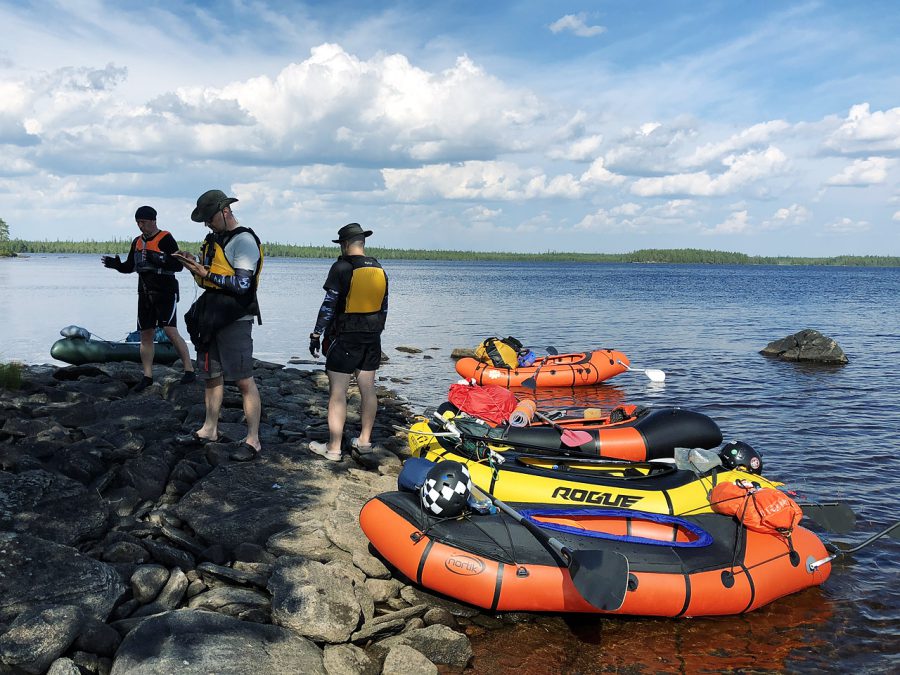
And so, with that in mind, we started to paddle again. And again, some people went first while others were far behind. We also made three more stops. The first and the last ones were just short rest stops on small islets (which were no more than just a cluster of rocks sticking from the water with some trees growing on them).
The third one was for a lunch break on a proper island, when we decided to cook some proper food. The rest of the time we were just eating some snacks. Once the fire on, the weather started to change and a gust of wind blew several of our packrafts, which were unpacked and lying on the ground, into the bushes. Immediately after the first rain arrived – it was just a few drops and we hardly had time to put on the rain jackets before it was over.
* * *
When we were ready to leave after the lunch, Vadim decided to go first. He was getting very upset with the fact that he was always behind. That is why he packed his packraft and started to paddle, while we were still preparing to leave. Lev, who is a good friend of his, decided to go with him. “Do you know where you have to go?” we asked Vadim. “Yes,” he said. “I have a GPS device with me.” And they started to paddle ahead towards the island.
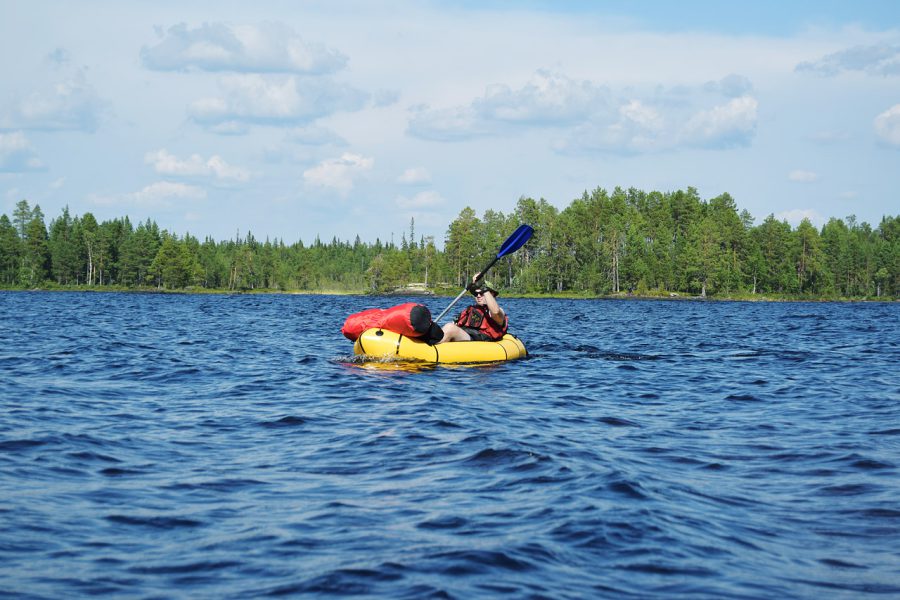
But it seemed that something went wrong and a bit later, instead of paddling south towards the island, they went north – towards a plume of smoke from a forest fire rising in a distance over the lake shore.
Sashuk and I tried to catch up and warn them that that was a wrong direction, but the wind was too strong for that. It also stopped all out attempts at crying as our words were immediately blown away. The other four behind us also disappeared. “Where could they be?” we started to ask ourselves. “Maybe they are taking another rest stop.” So, we decided to paddle towards the Oleny Island and wait for them there. “Where are you, guys,” I sent a message to them from my mobile. But no answer came.
* * *
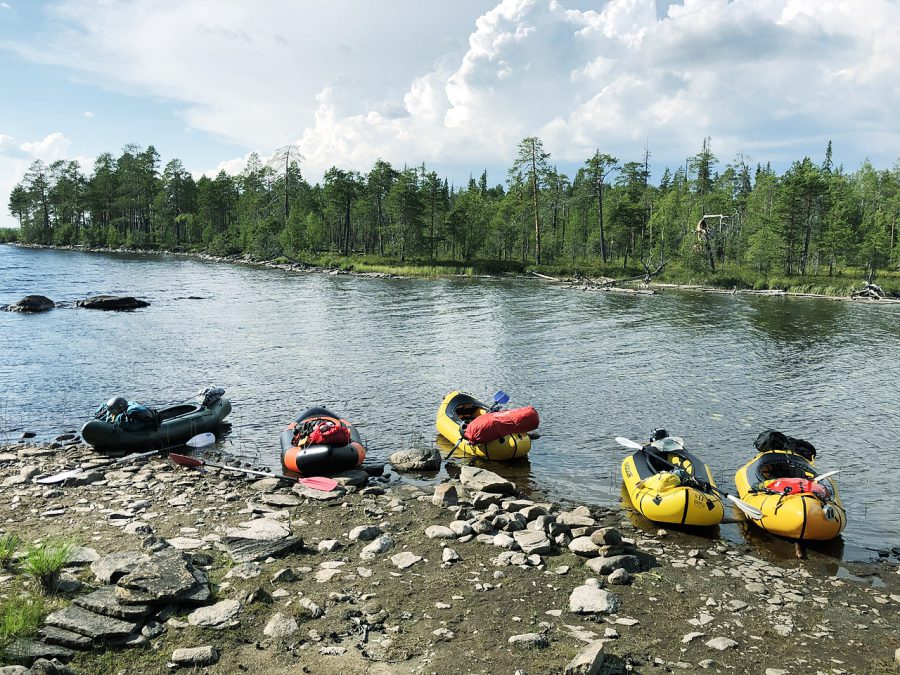
It was slowing getting darker, as this long day was gradually coming to an end. The setting sun left a golden path of light on the rippling water. In a distance, Vadim and Lev were paddling towards a distant shore.
Suddenly, they changed the direction and started to go towards the point we were standing at. We jumped into our packrafts, and joined them. “What happened?” “Don’t even ask,” said Lev with a sigh. Apparently, Vadim thought we were going to a different island. He did not want to talk about that. We told them that the others had disappeared too.
* * *
“Vadim, don’t you have a walkie-talkie with you?” we asked him. “Should we try to contact them?” And good thing we did – it turned out that they were on the other side of the island.
“Come over here. We found a nice camping spot with a make-shift fireplace and a great view.” “But didn’t we make an agreement to meet on this side?” we asked.
“Well… we are already here and, besides, the exit from the lake that we need to take next is just opposite here. Please come – we will have fire ready for you.”
And so, the four of us paddled for almost another hour to the other side, where a campfire was waiting for us already.
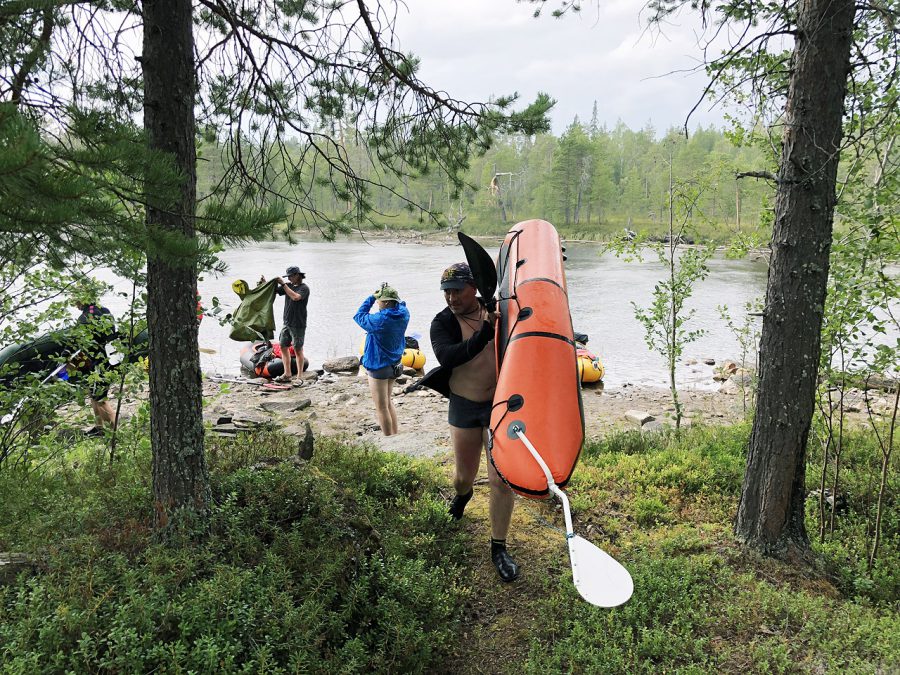
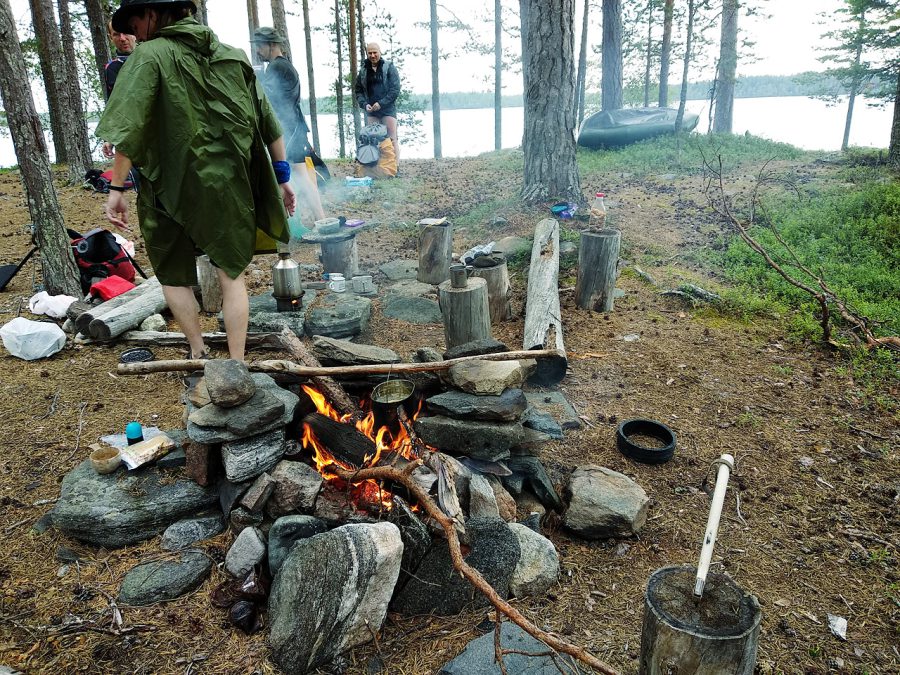
Once there, we quickly put up the tents and cooked the well-deserved dinner – eventually it had been a very long and tiring day for all of us. In the meantime, the sun had set. But we could still feel its presence, as at this time of the year it never goes away completely, but just goes just under the horizon and slowly moves to the other side, where it would rise the next morning again. Some of its glow still visible well past midnight.
And thus, the first day of our 11-day trip was over. On the one hand, it had confusion, frustration, sweat and lots of hard paddling. But on the other, it was full of spectacular views, bright sun and adventure. And the prospect of another 10 days like that was feeling me with excitement.
Related Articles
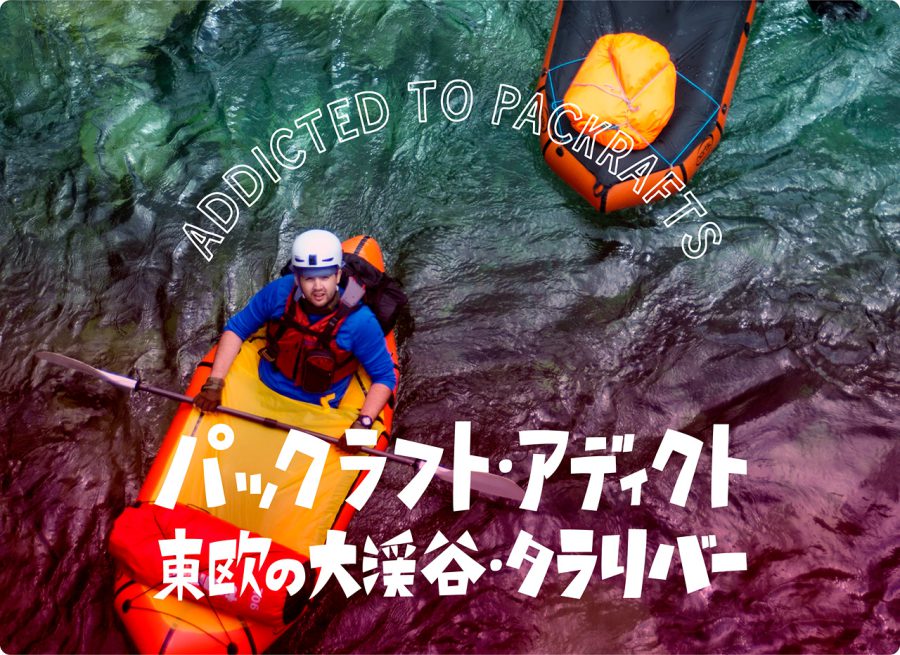
パックラフト・アディクト | #06 欧州最大の渓谷 モンテネグロ・タラリバー
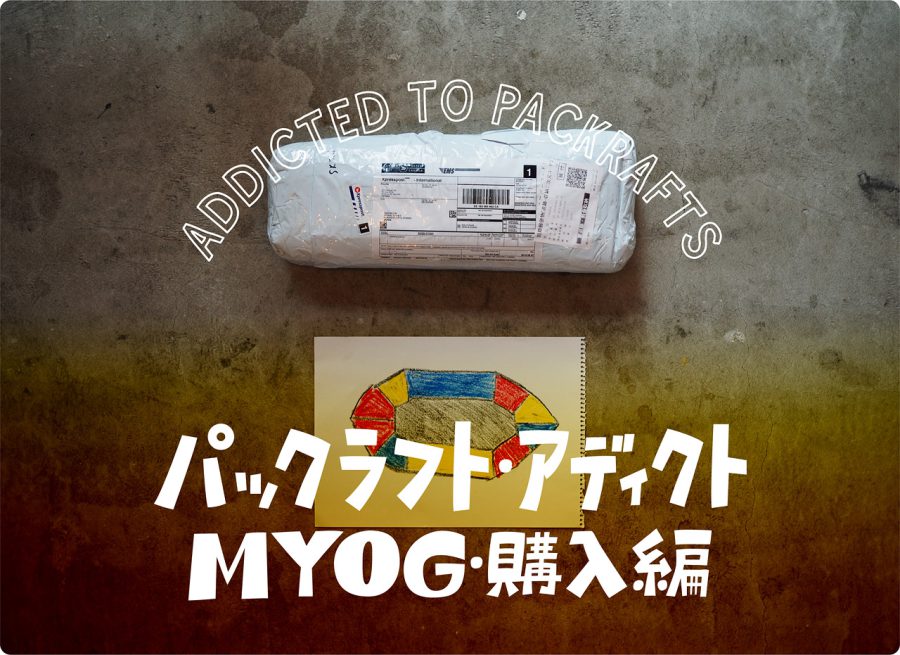
パックラフト・アディクト | #07 DIY PackraftでパックラフトをMYOGしてみた(購入編)
- « 前へ
- 2 / 2
- 次へ »
TAGS:

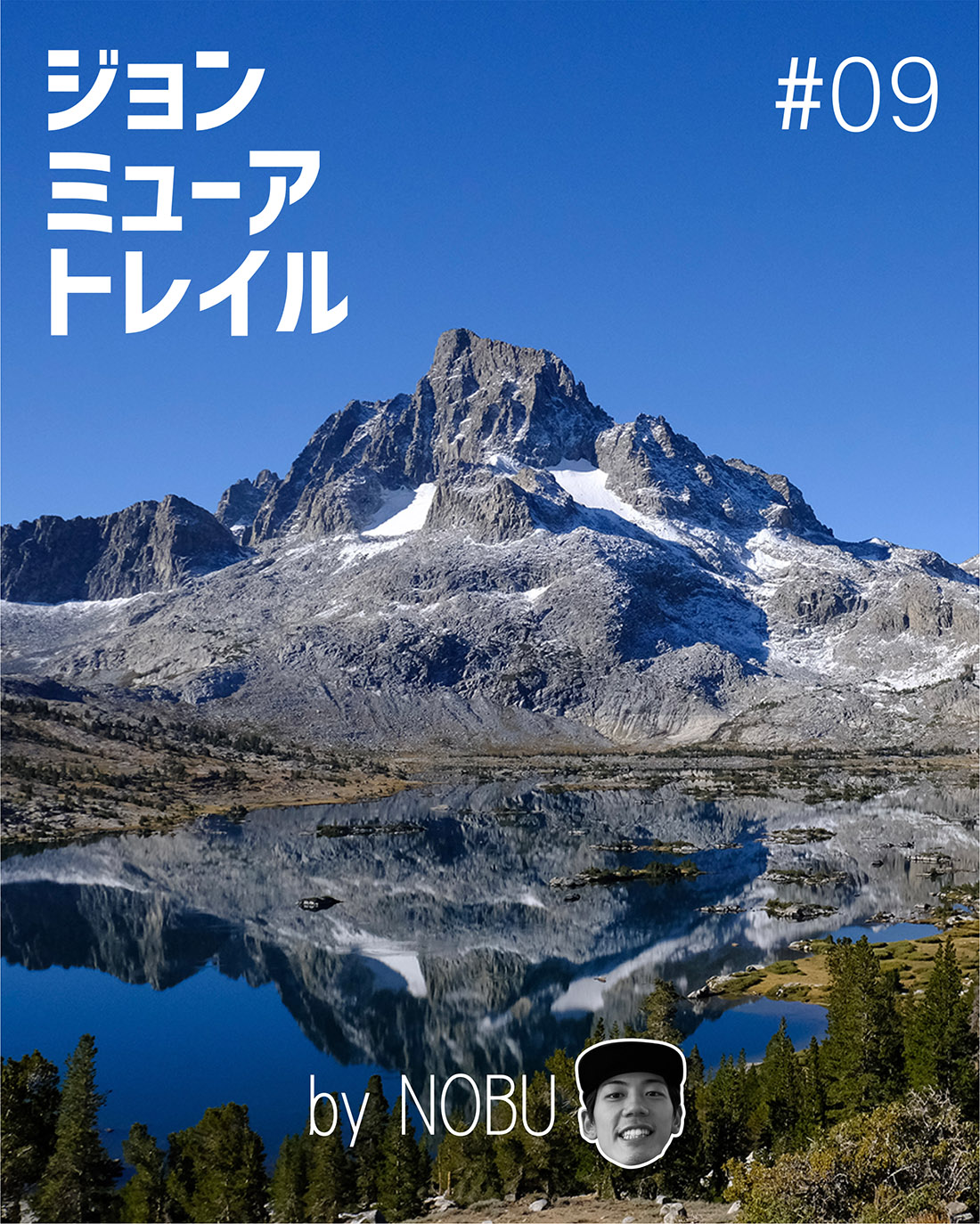
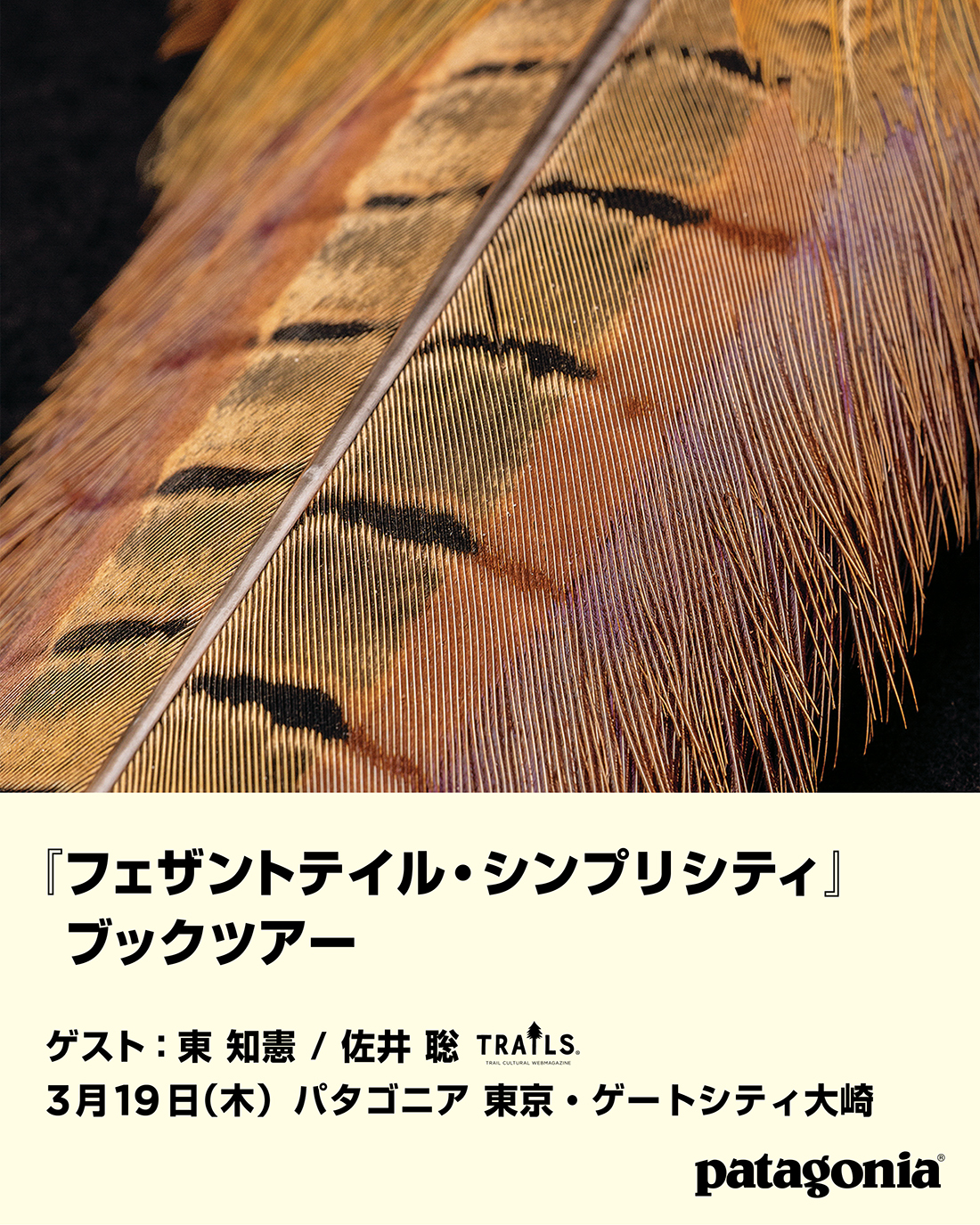
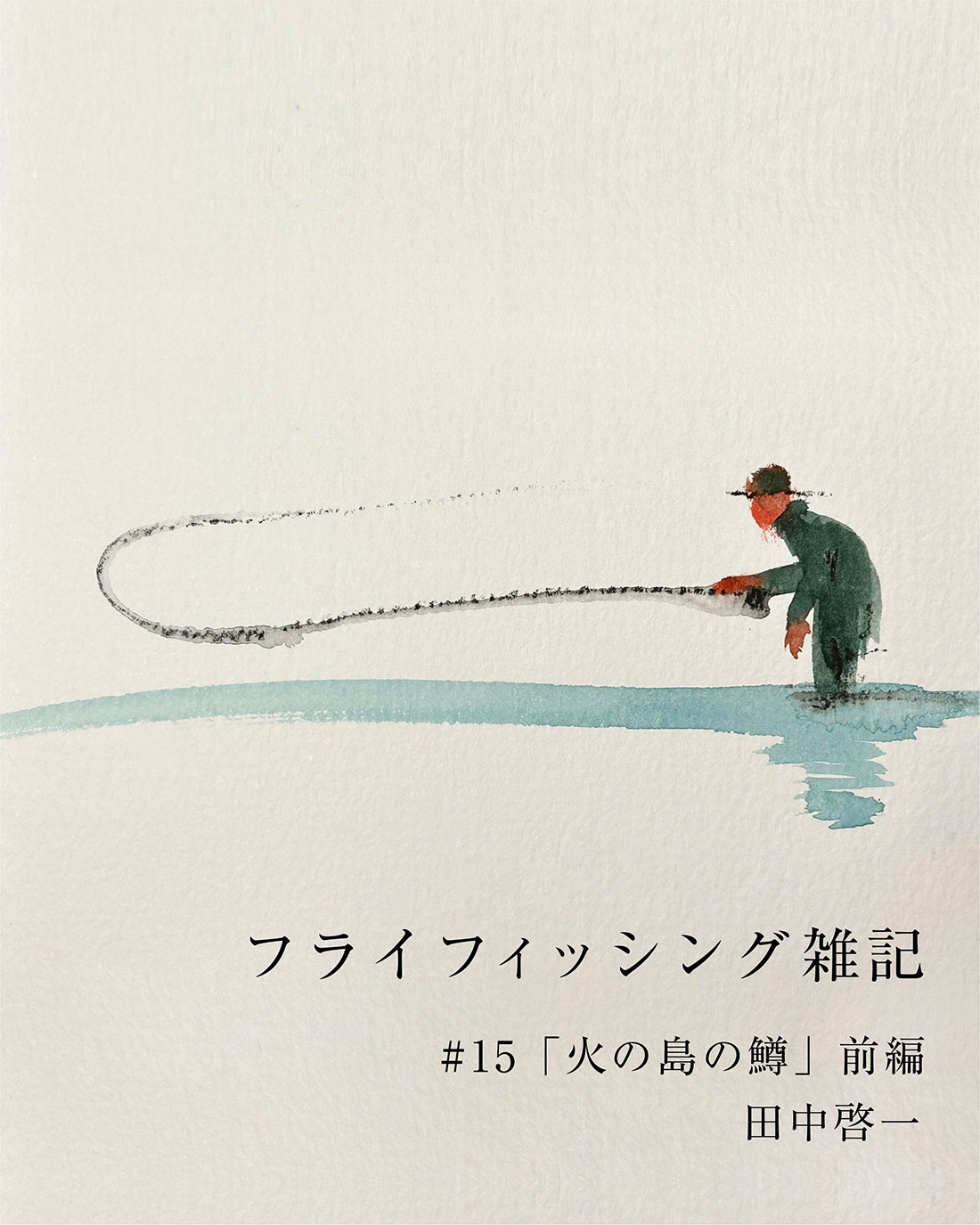
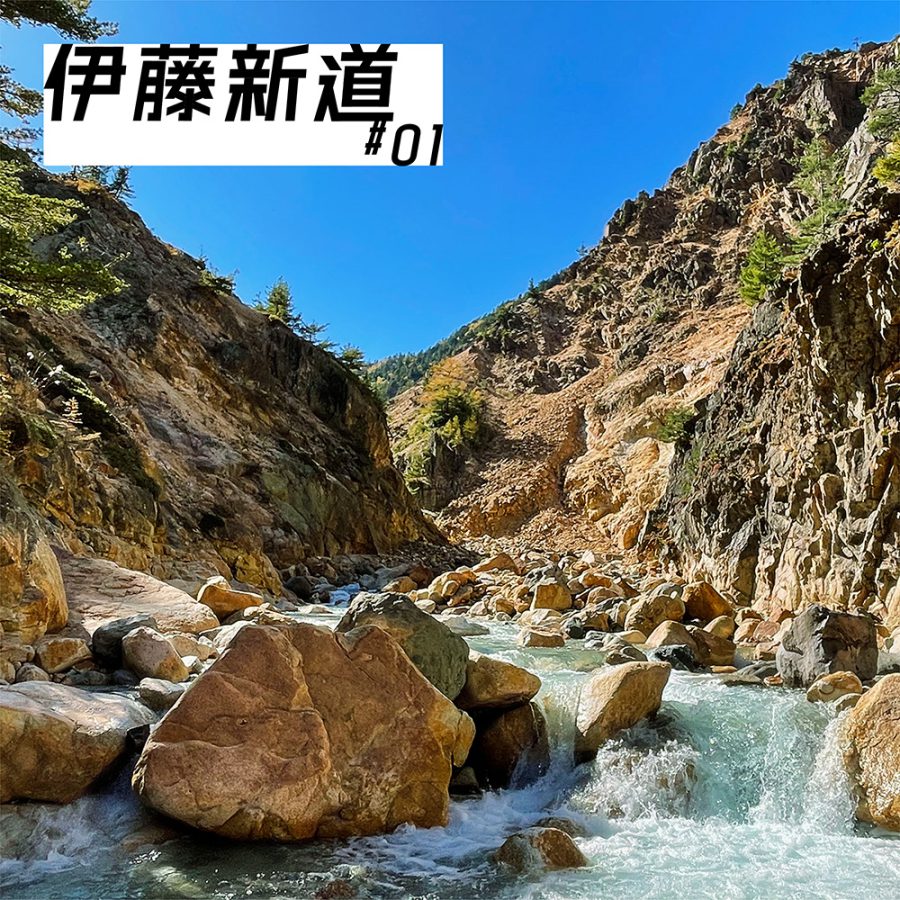
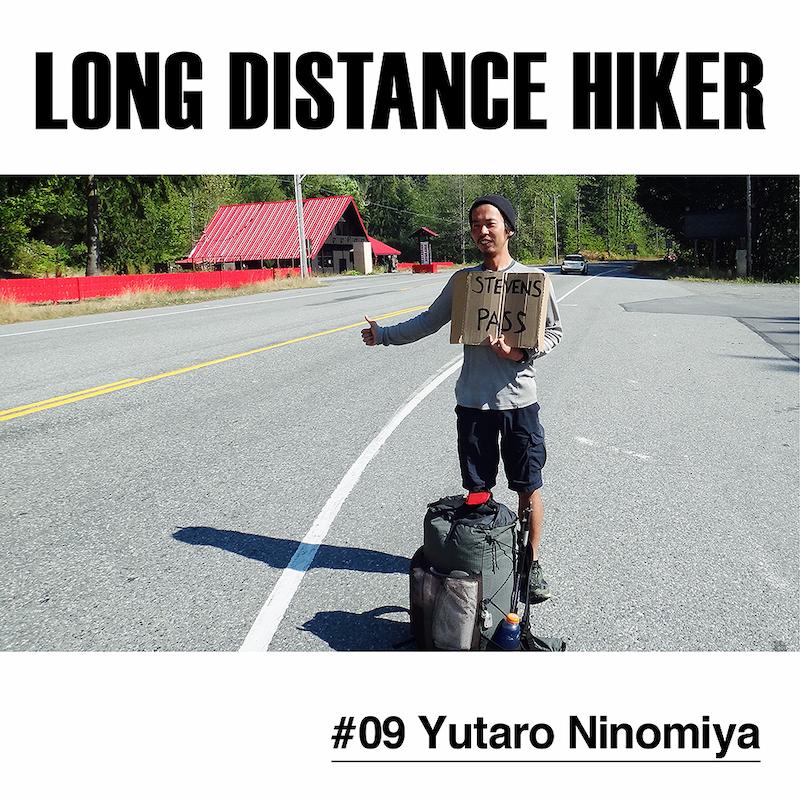
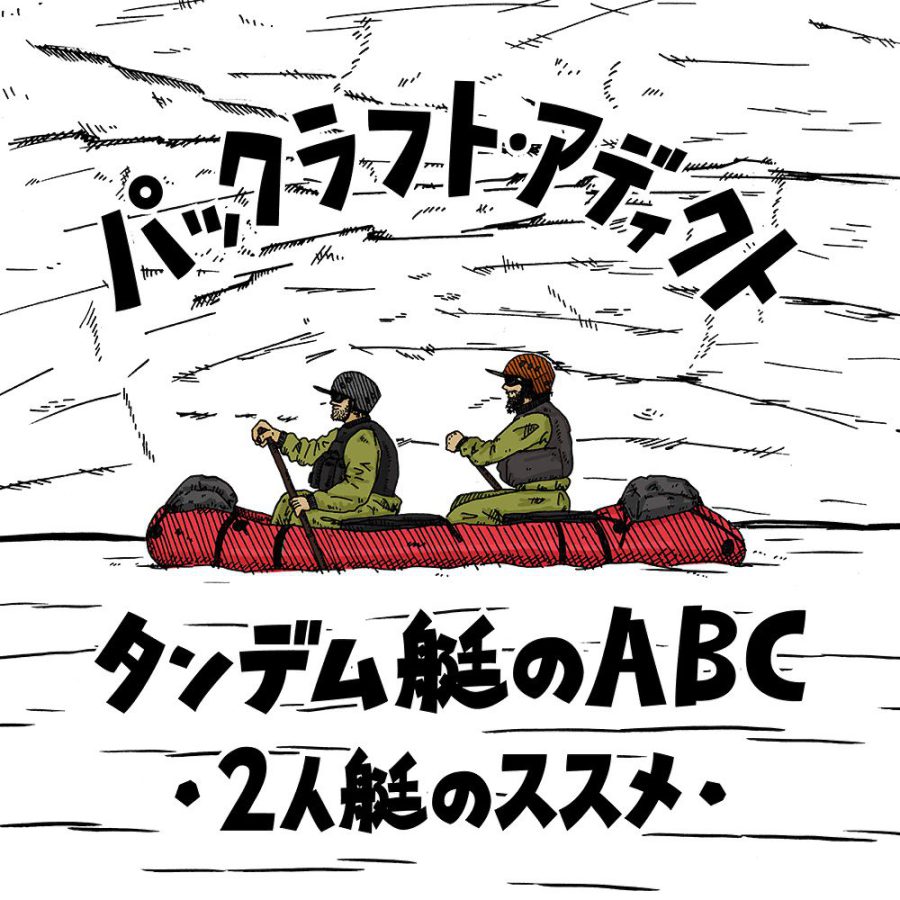
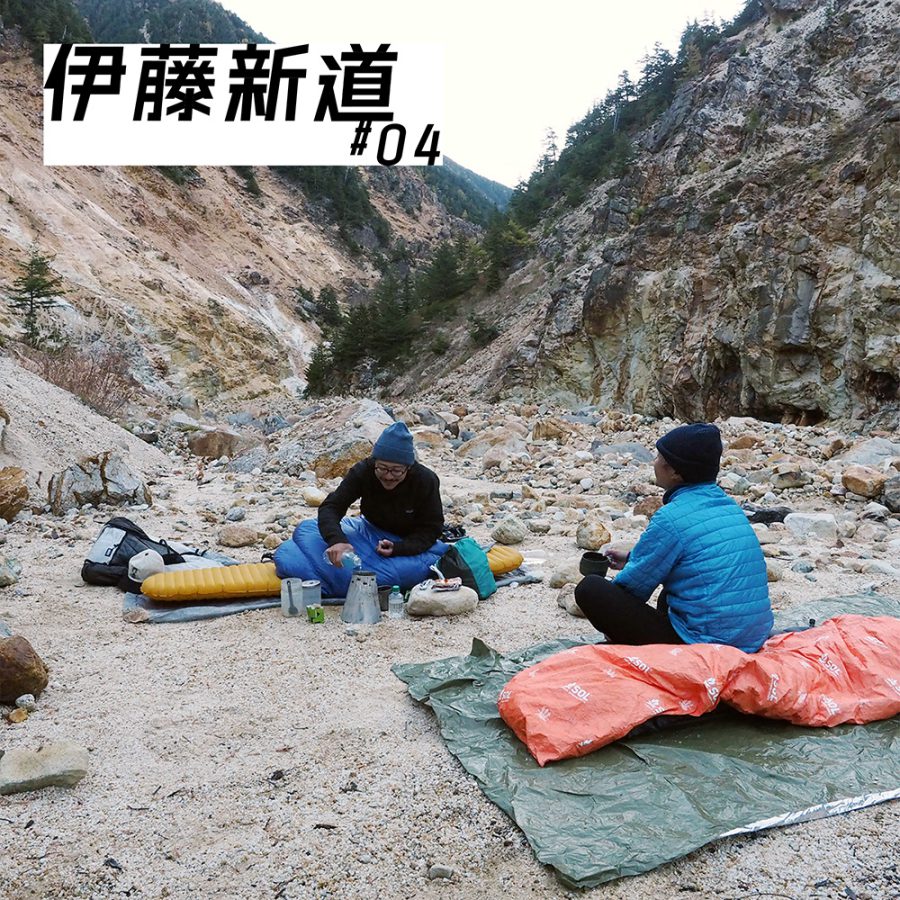
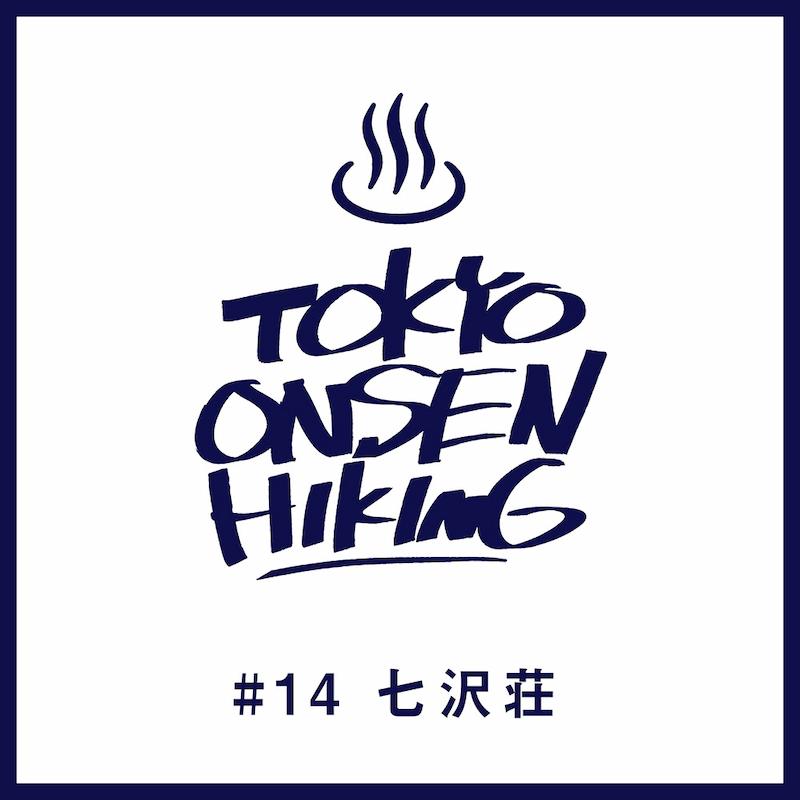

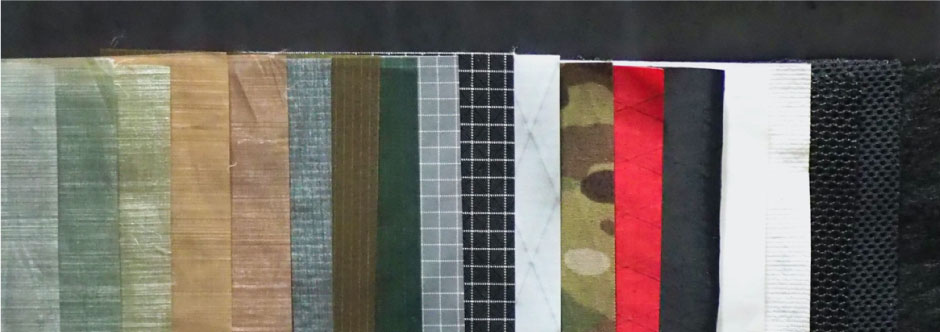
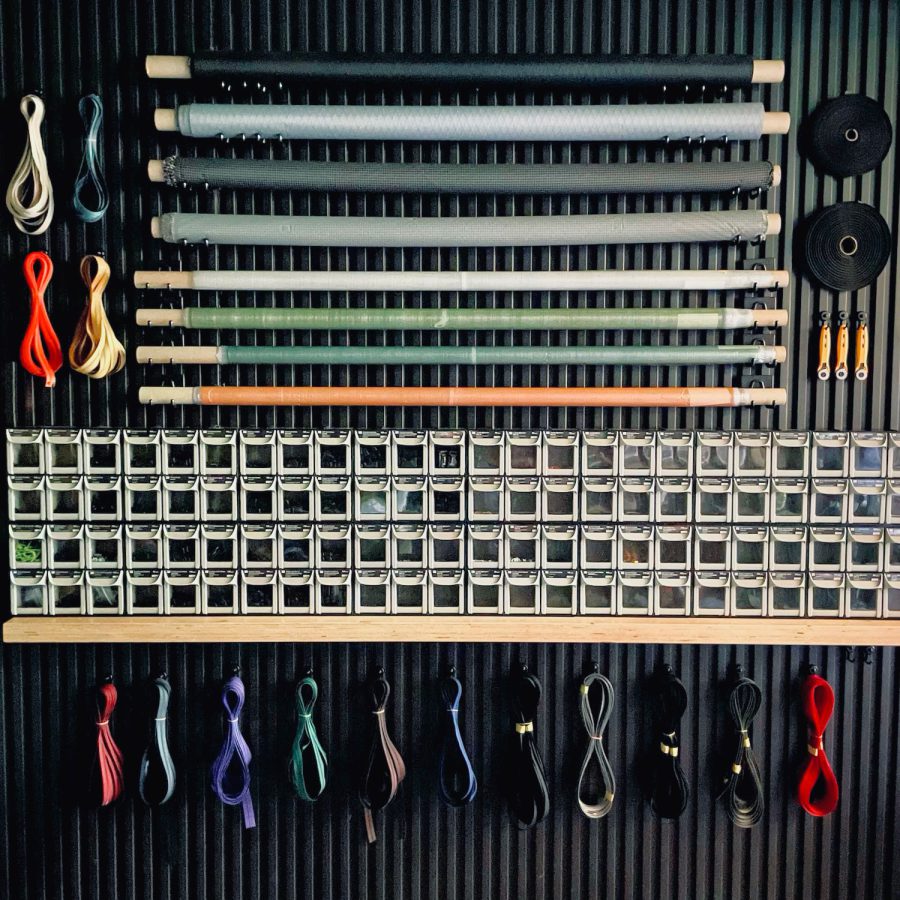 ULギアを自作するための生地、プラパーツ、ジッパー…
ULギアを自作するための生地、プラパーツ、ジッパー… 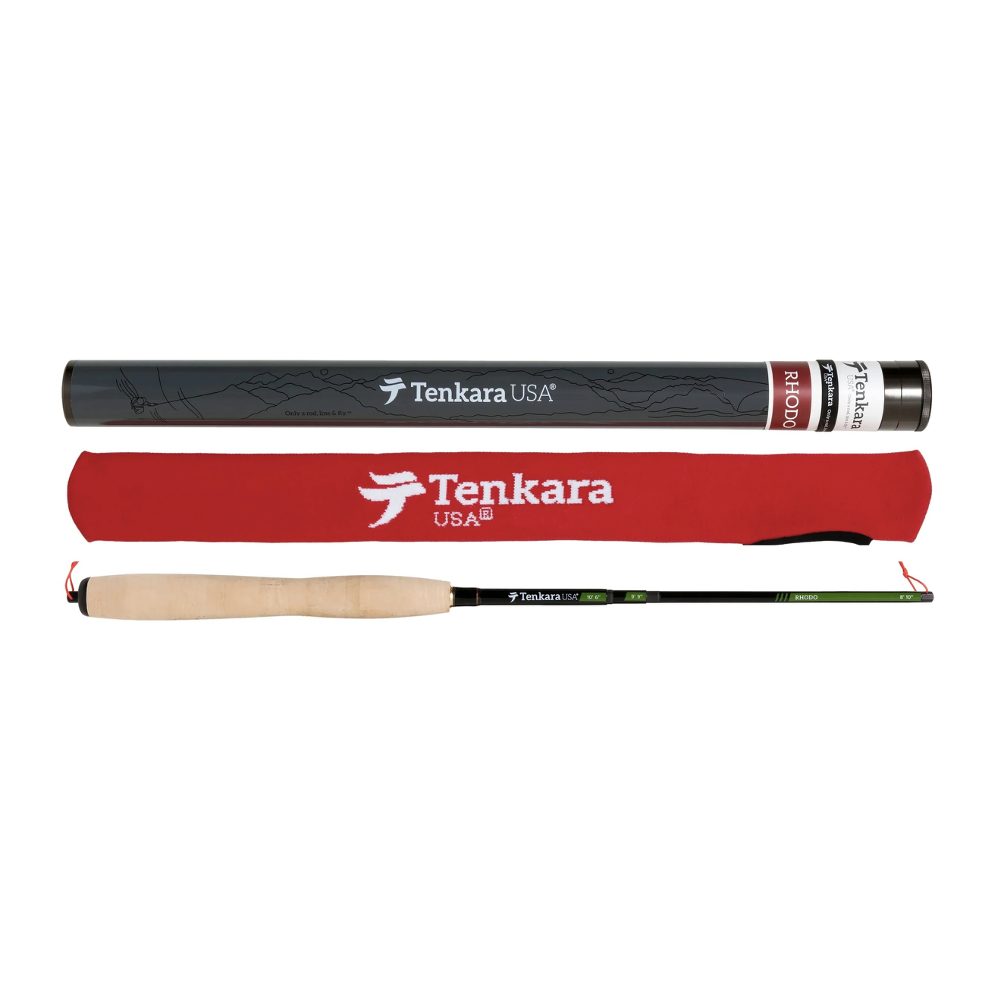 Tenkara USA | RHODO (ロード)
Tenkara USA | RHODO (ロード) 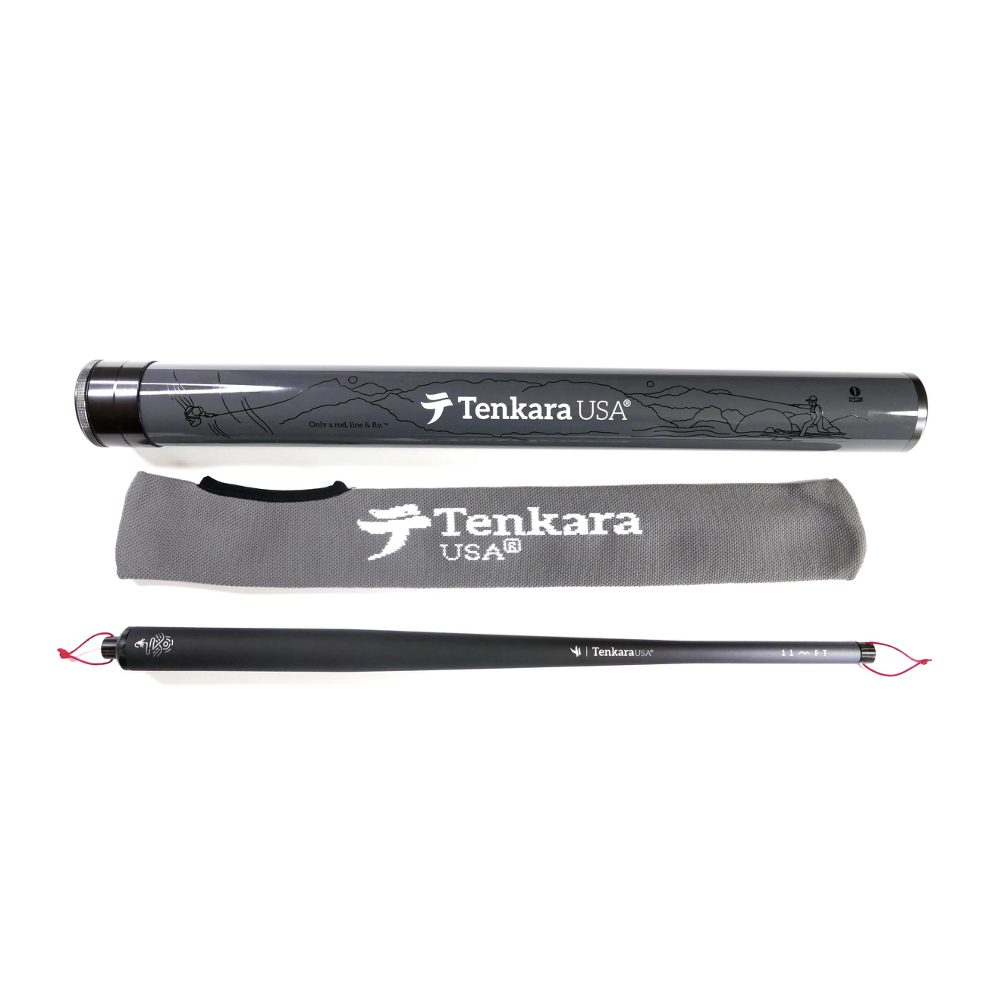 Tenkara USA | YAMA (ヤマ)
Tenkara USA | YAMA (ヤマ) 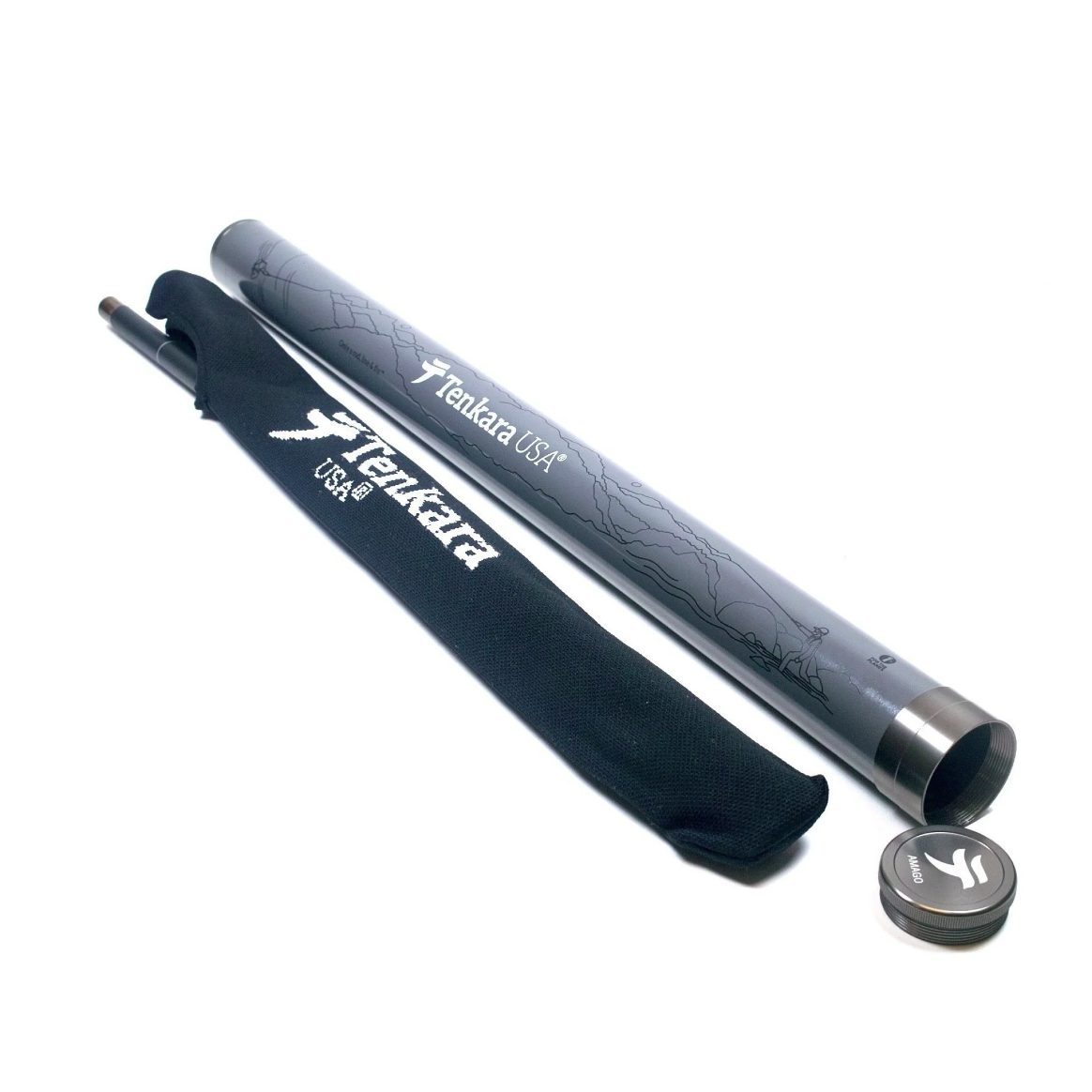 Tenkara USA | Rod Cases (…
Tenkara USA | Rod Cases (… 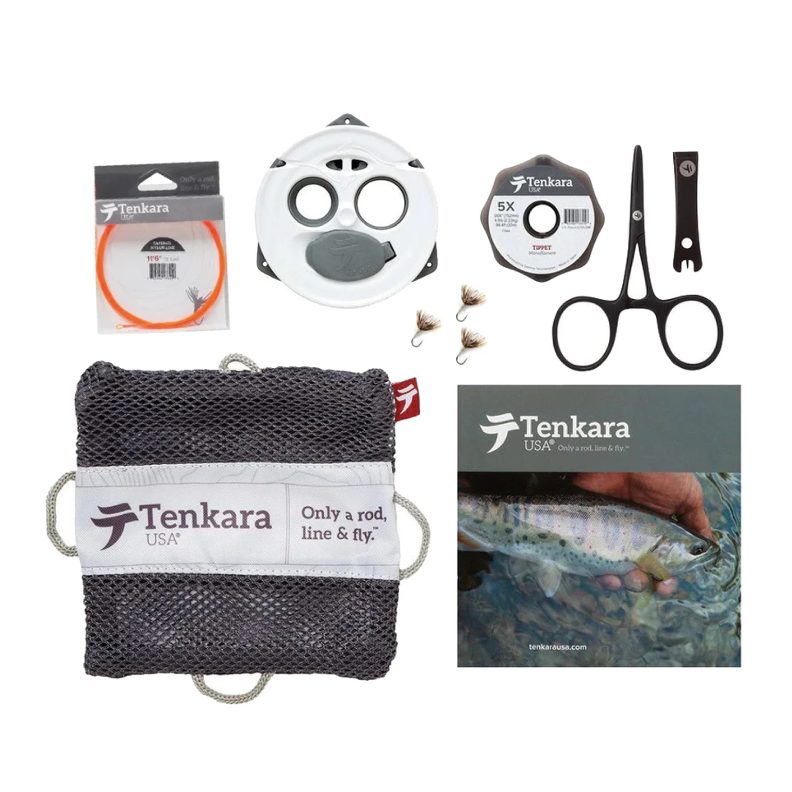 Tenkara USA | tenkara kit…
Tenkara USA | tenkara kit… 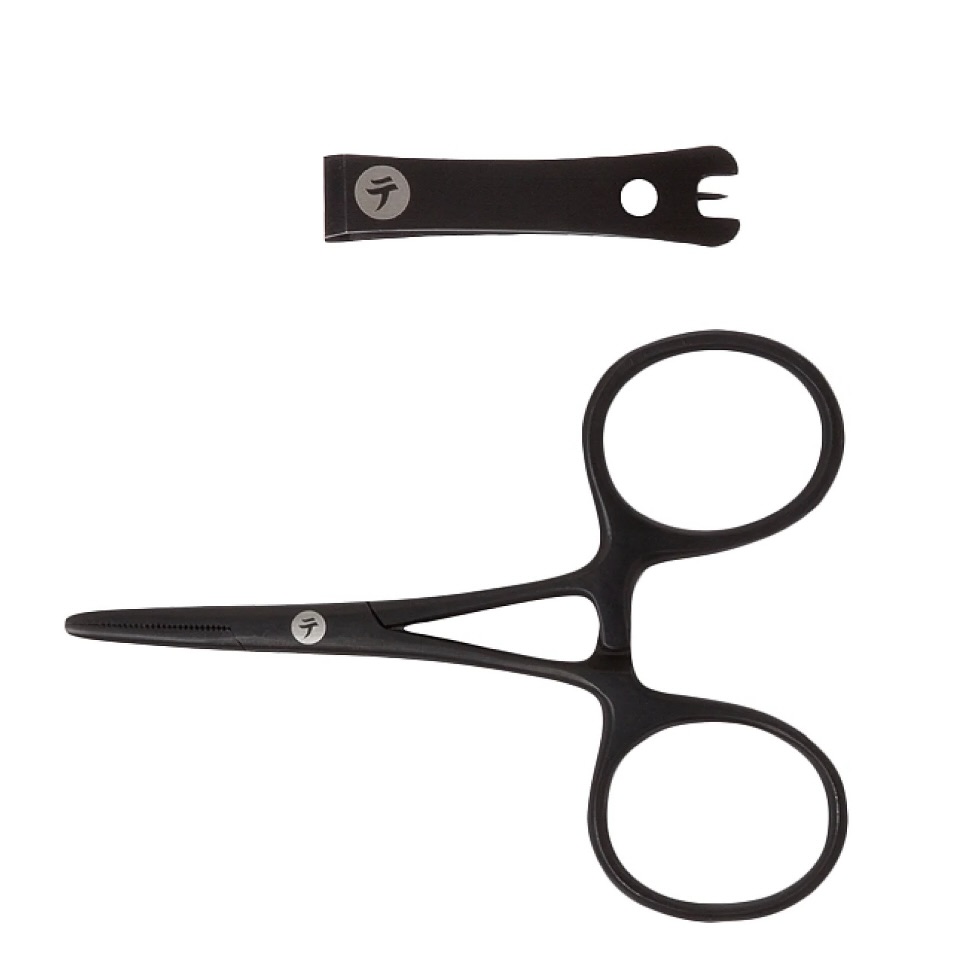 Tenkara USA | Forceps & …
Tenkara USA | Forceps & … 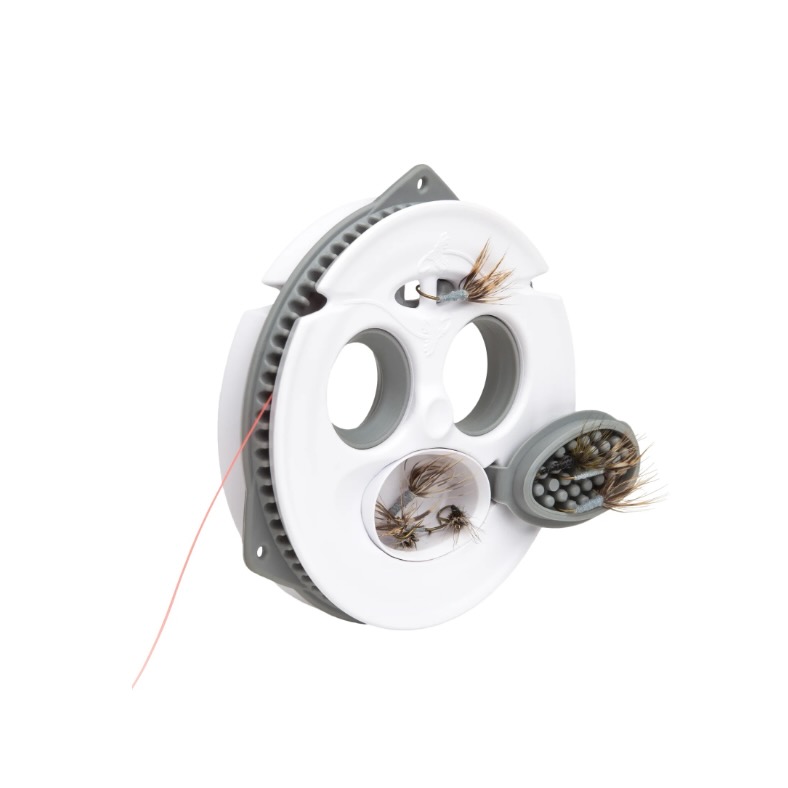 Tenkara USA | The Keeper …
Tenkara USA | The Keeper … 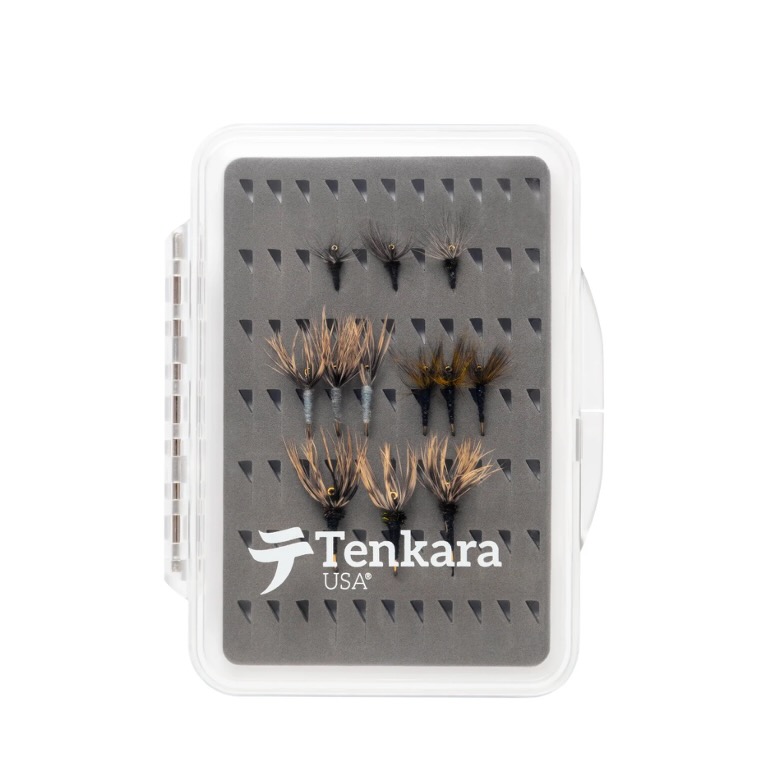 Tenkara USA | 12 Tenkara …
Tenkara USA | 12 Tenkara … 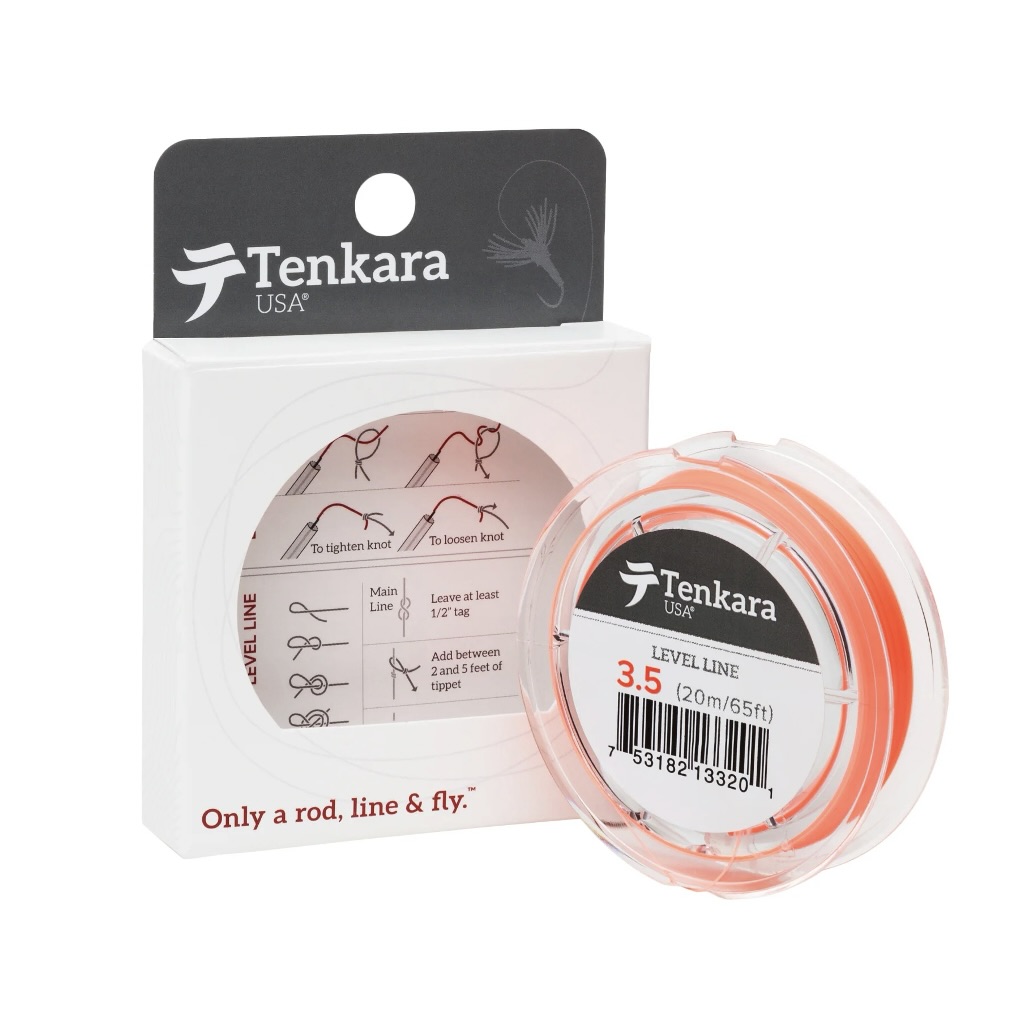 Tenkara USA | Tenkara Lev…
Tenkara USA | Tenkara Lev… 
